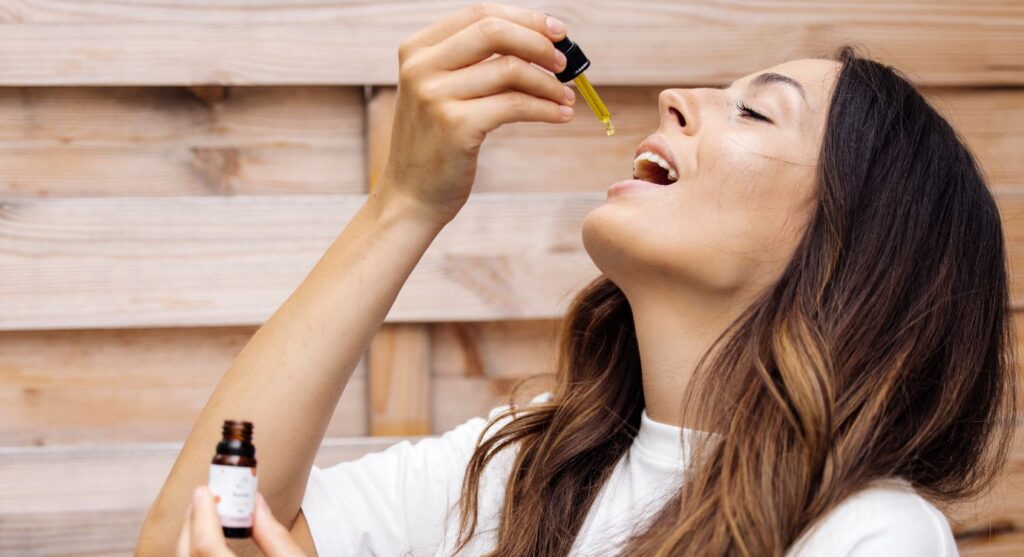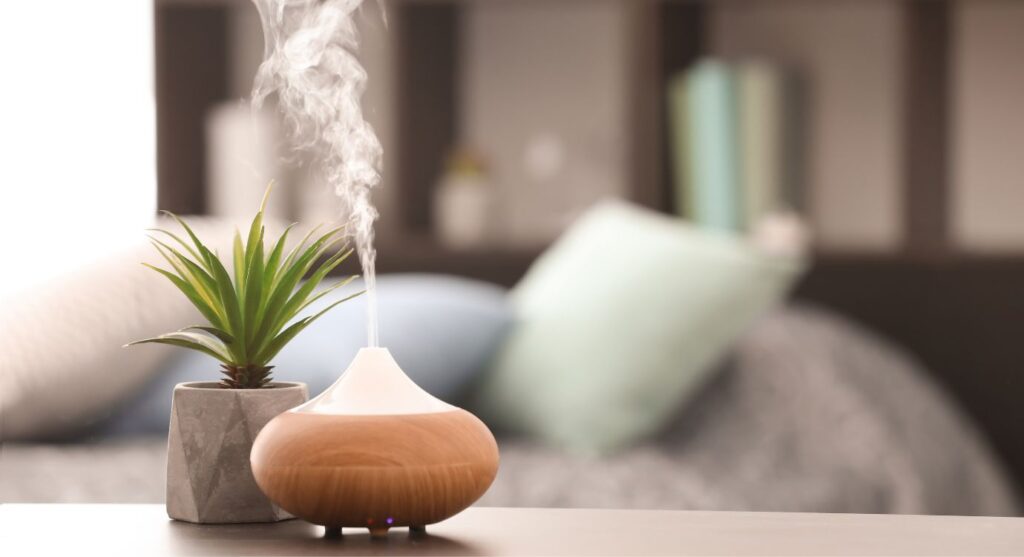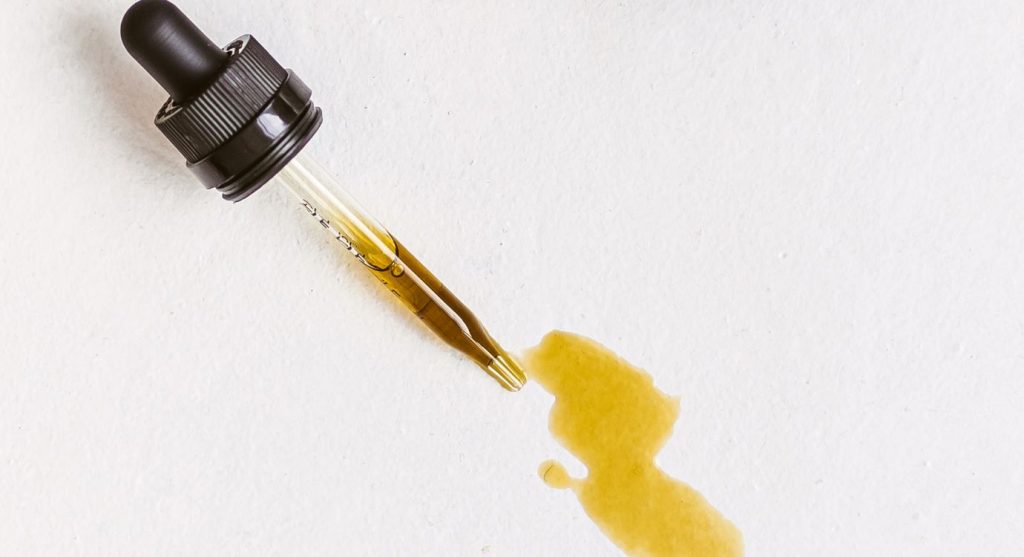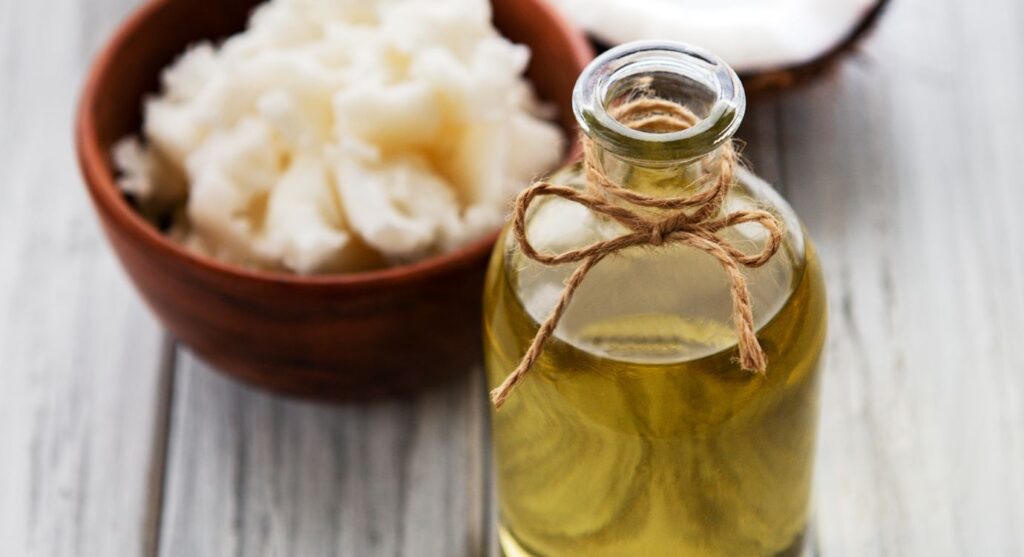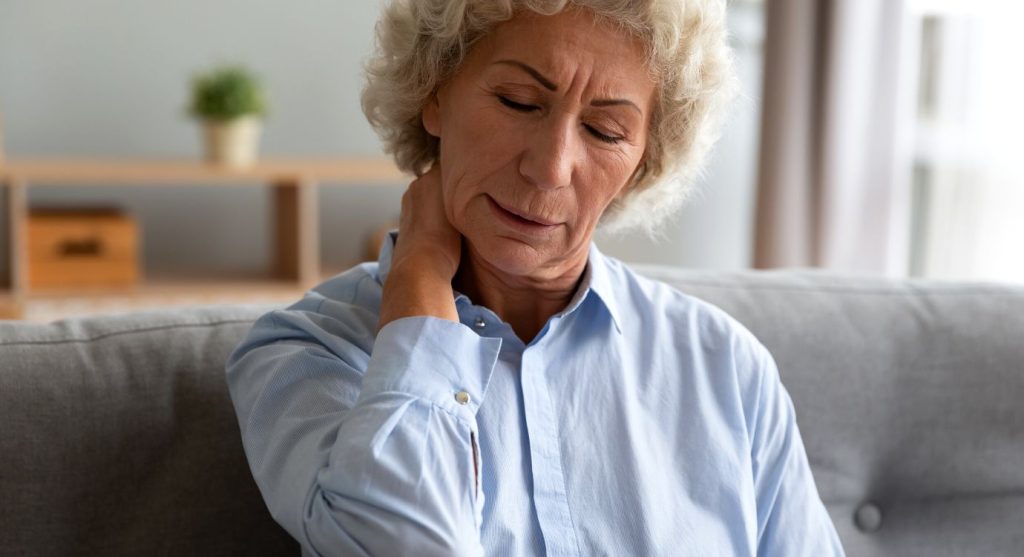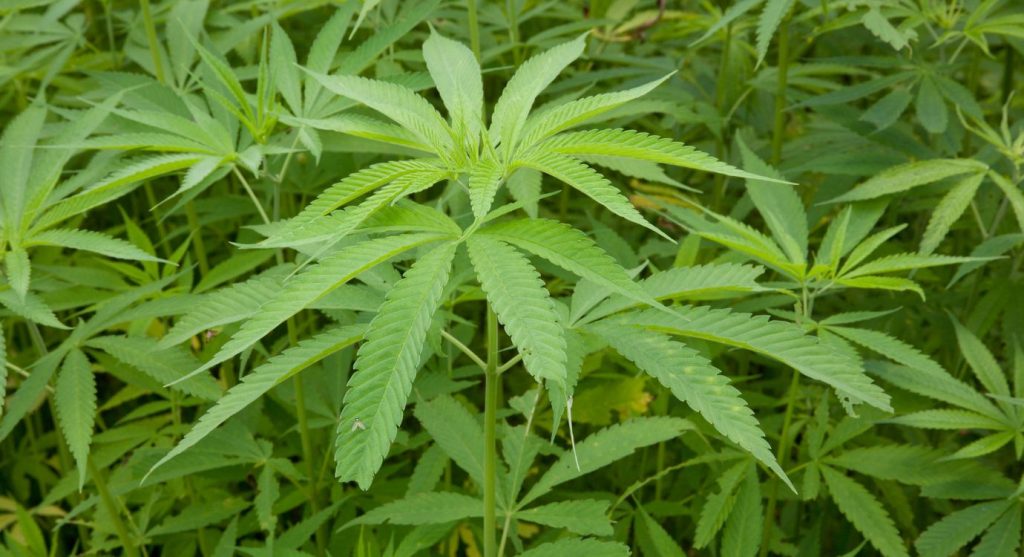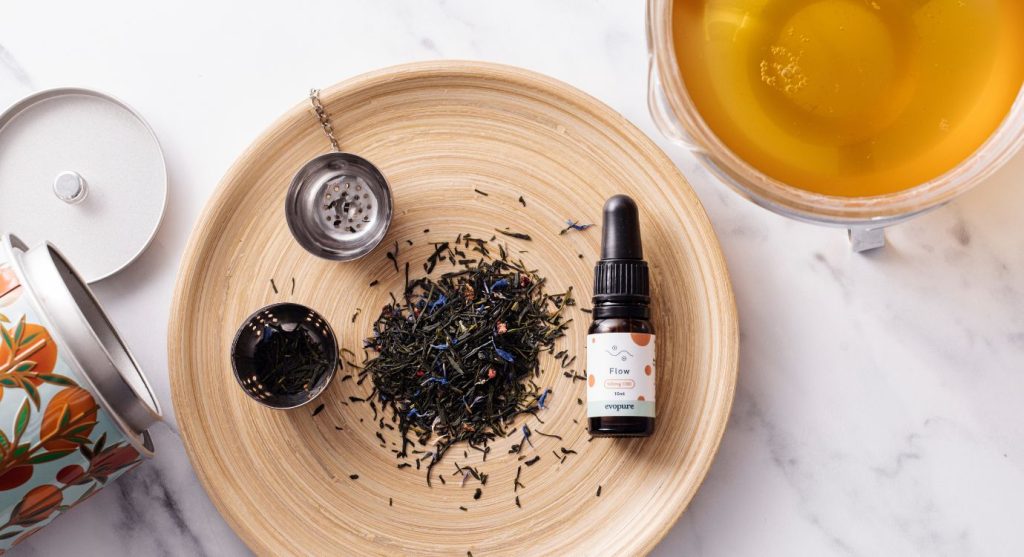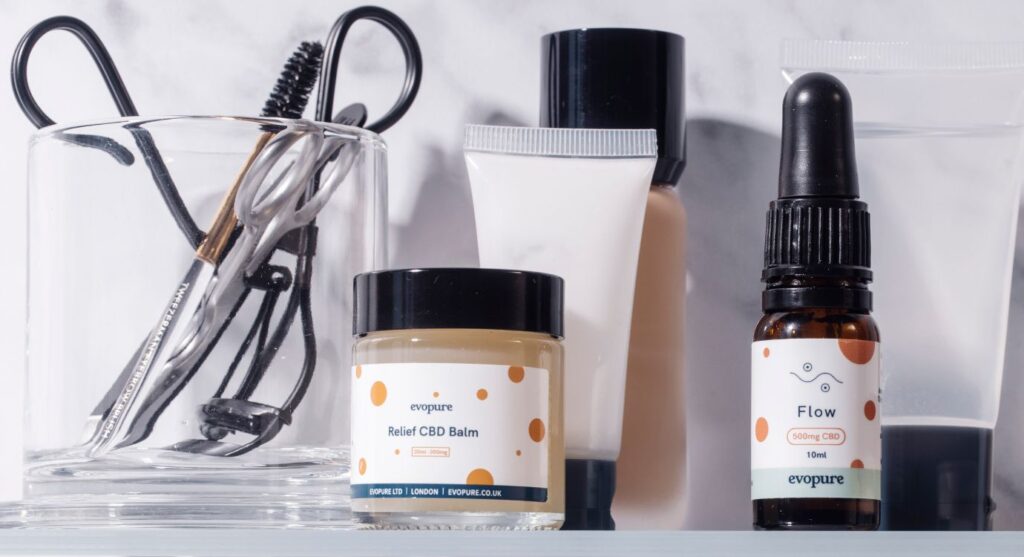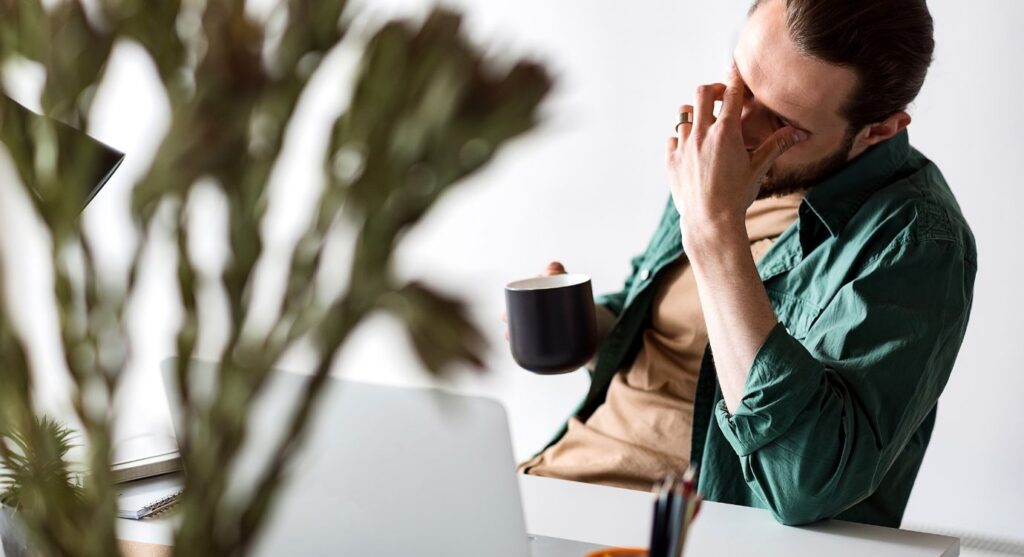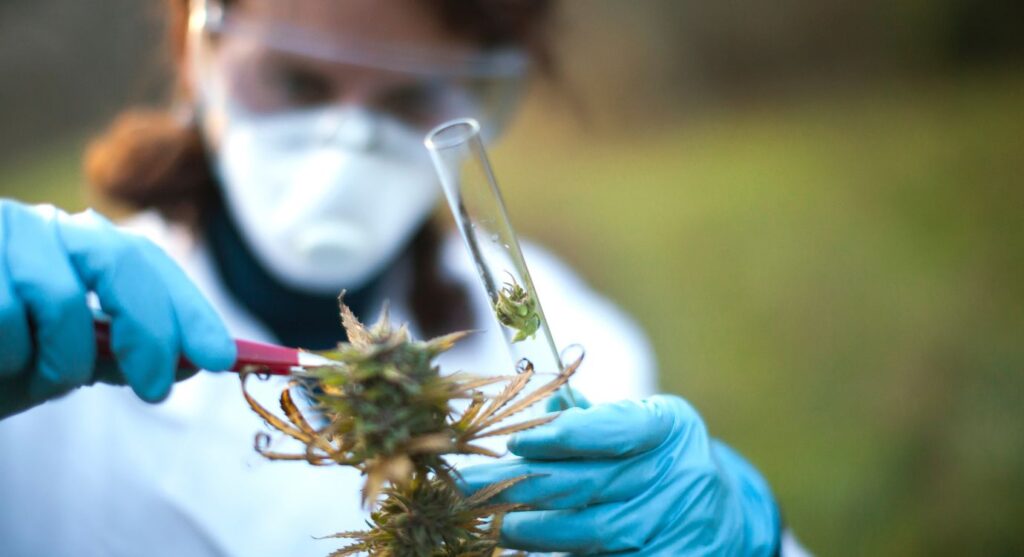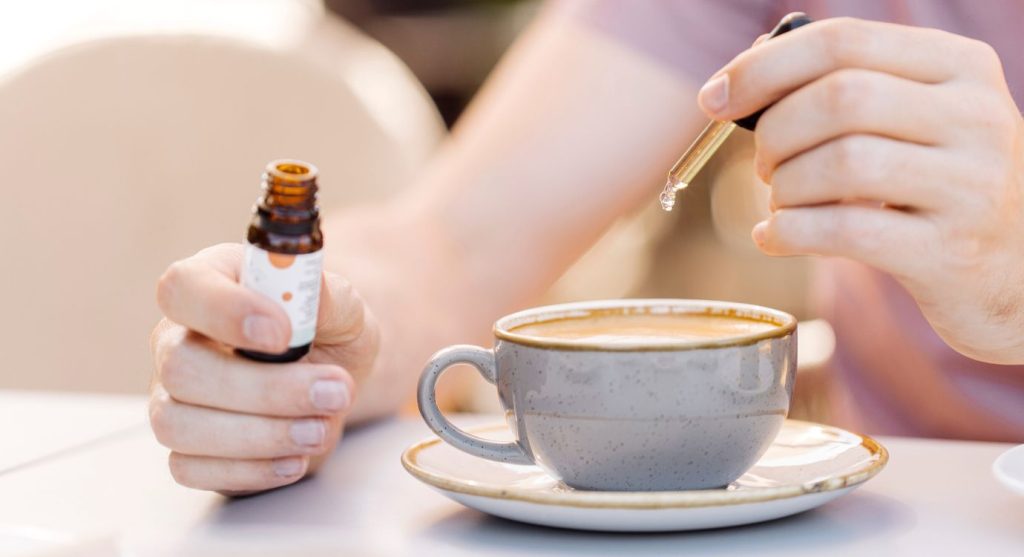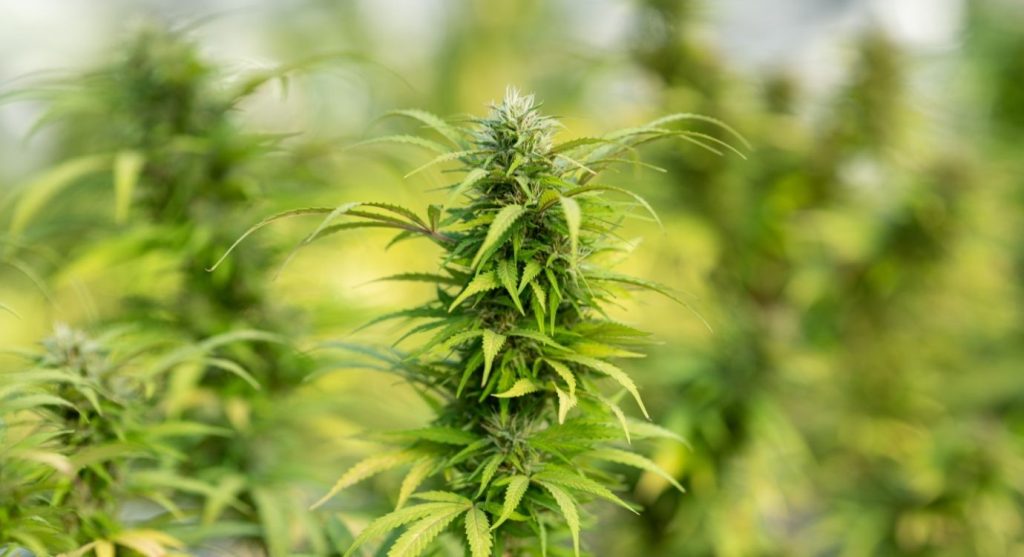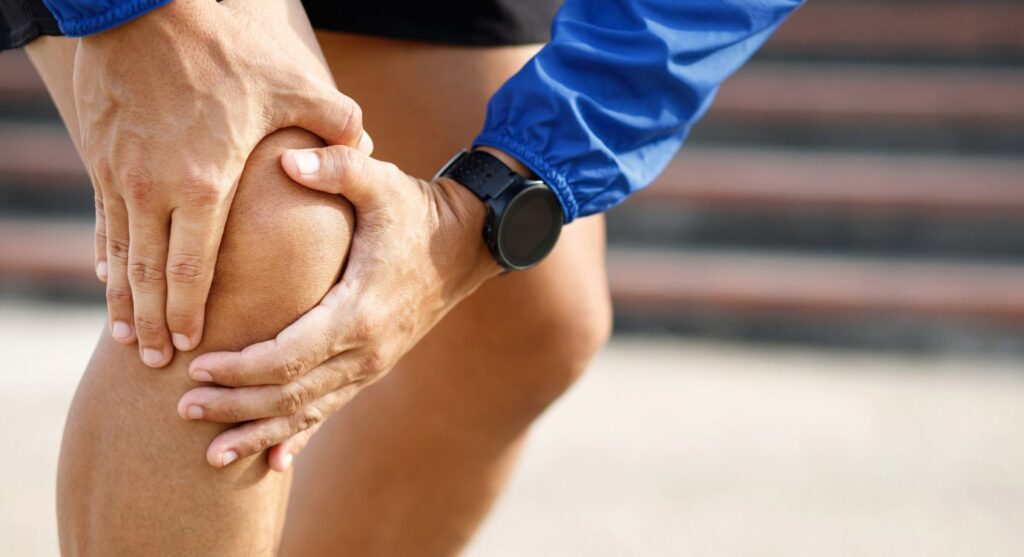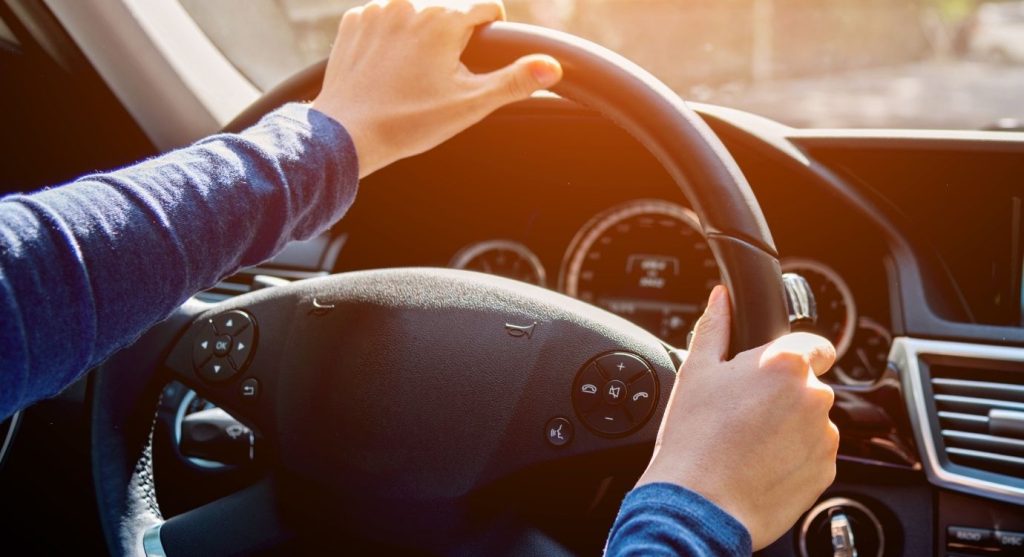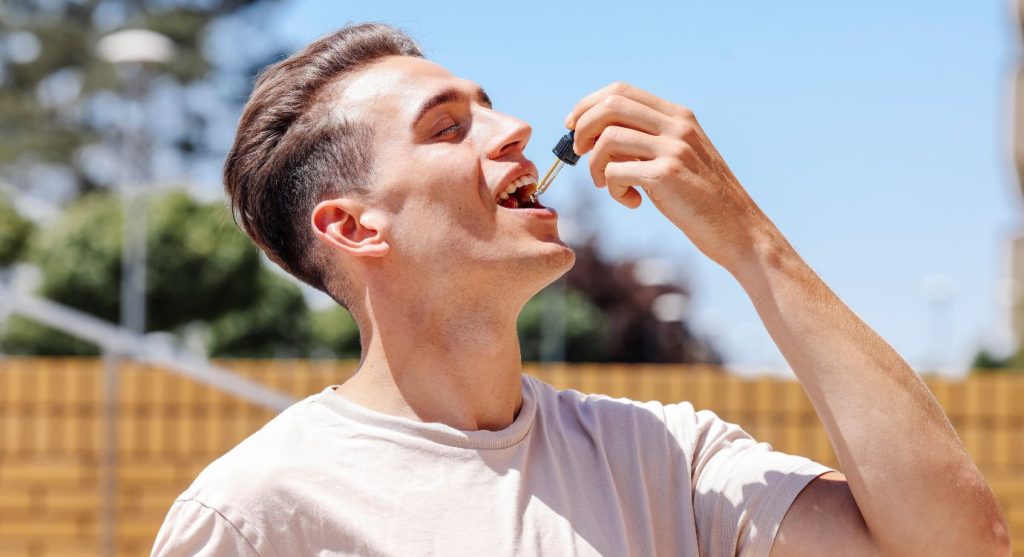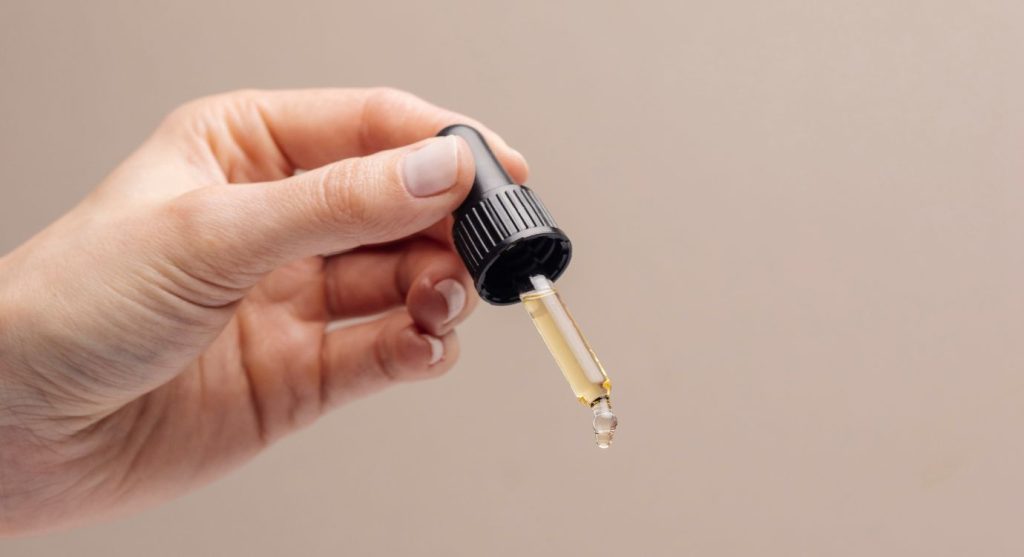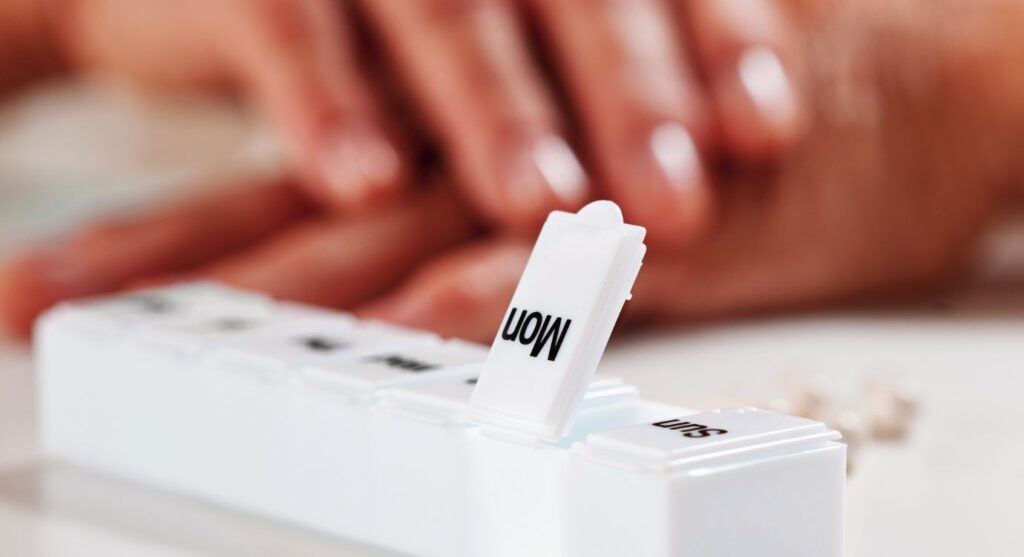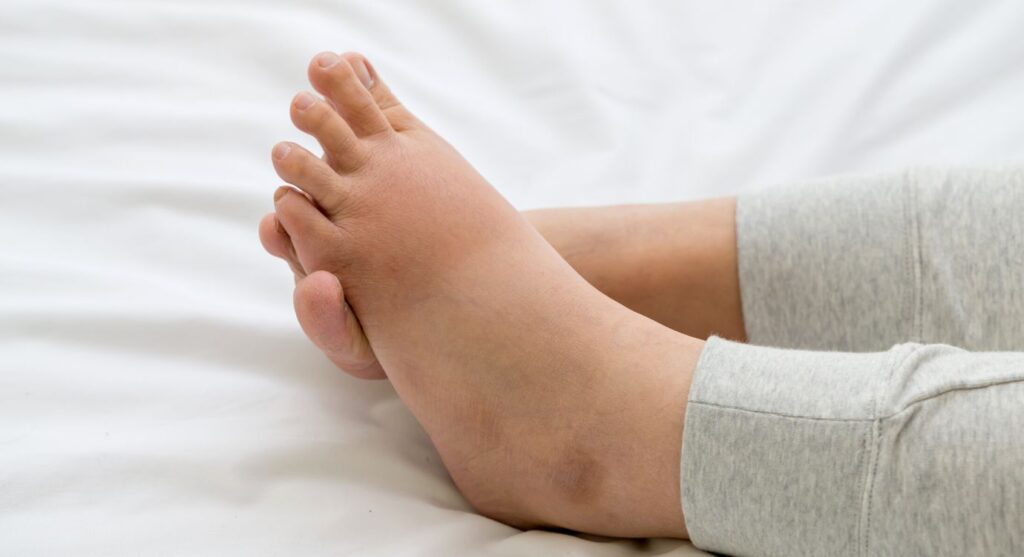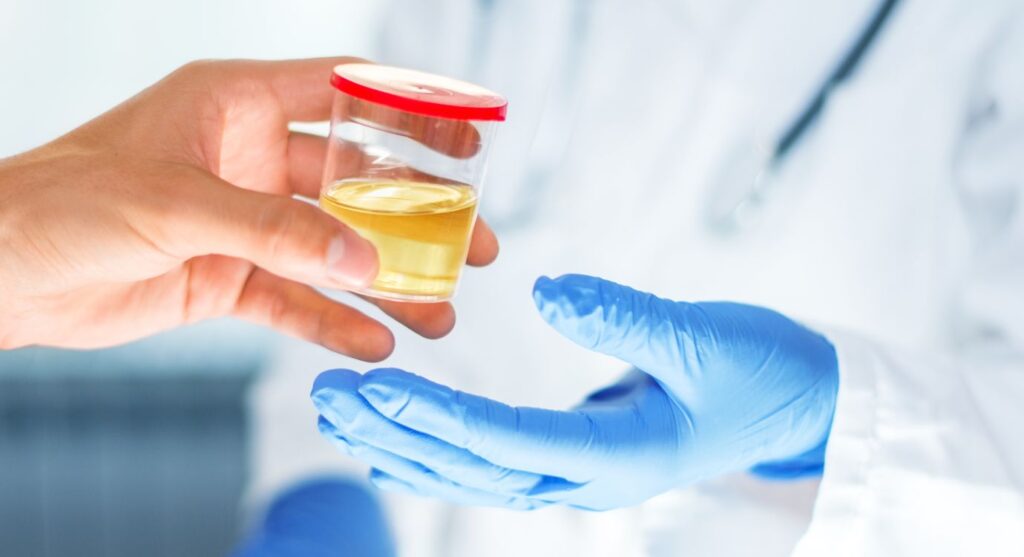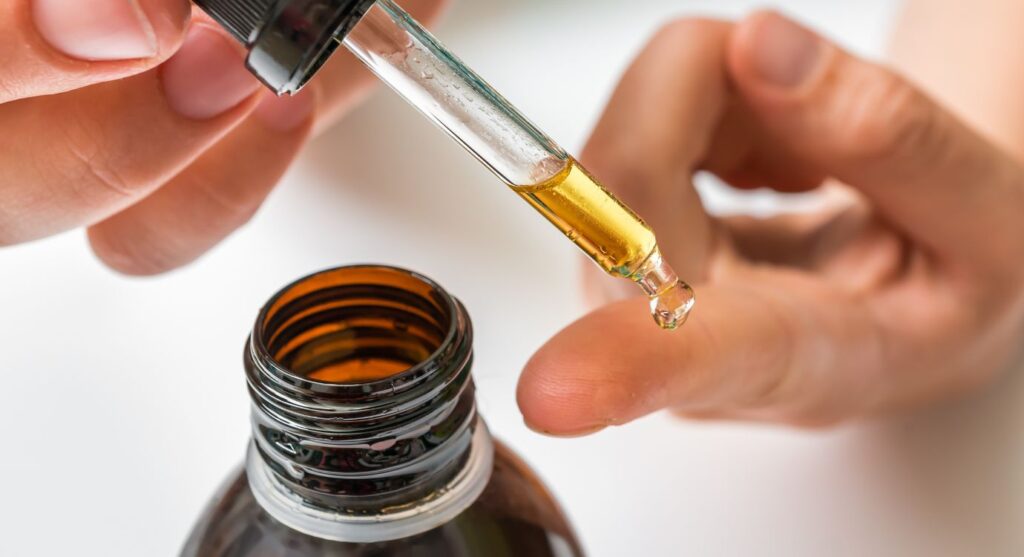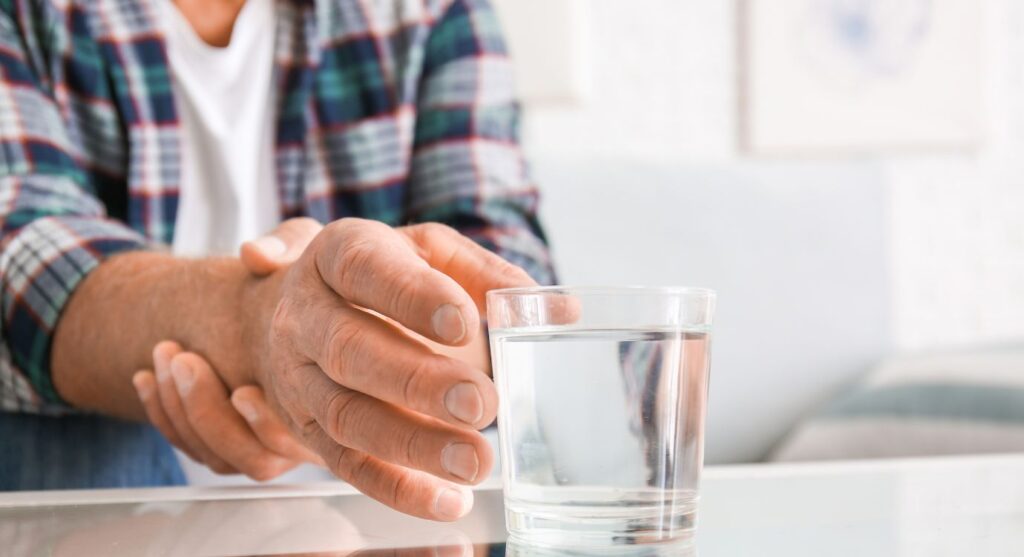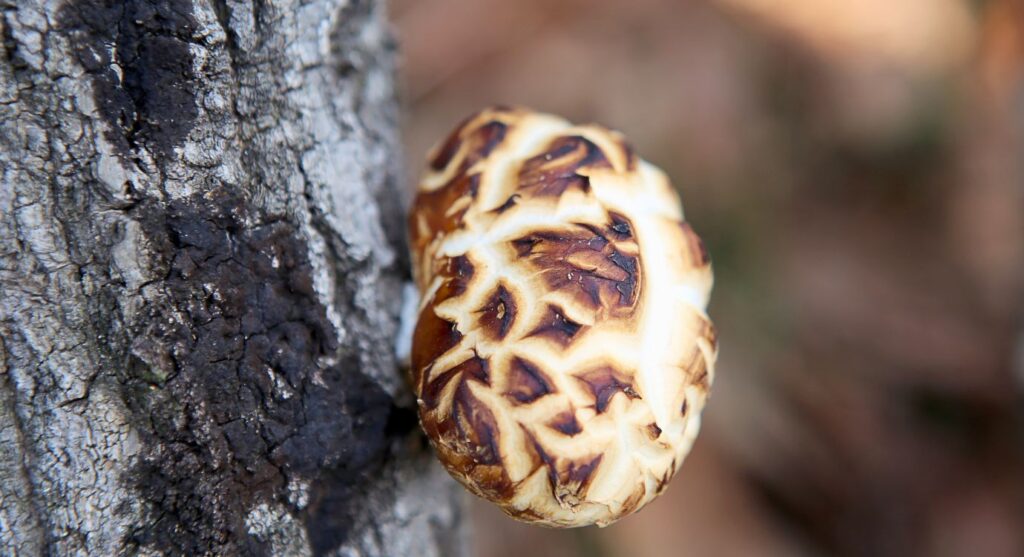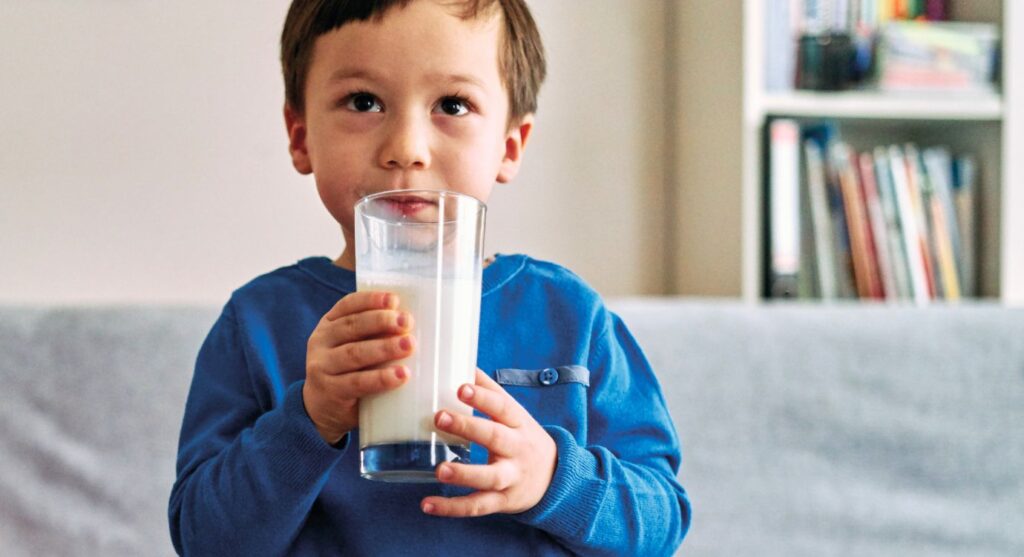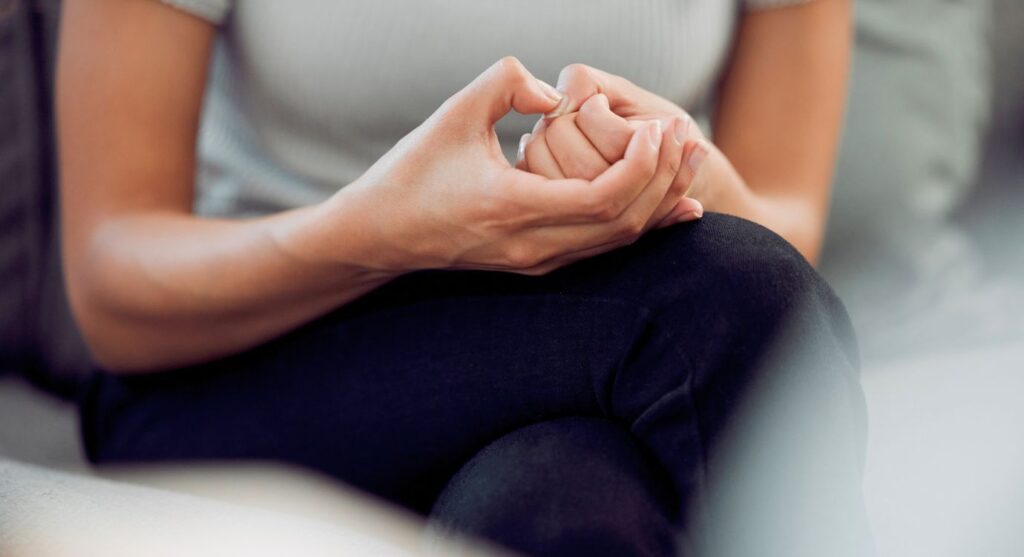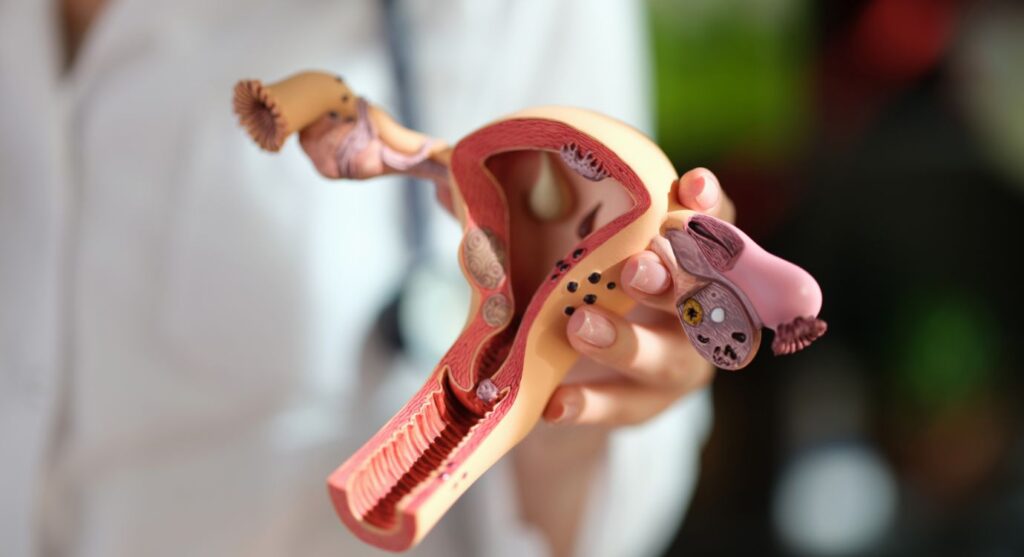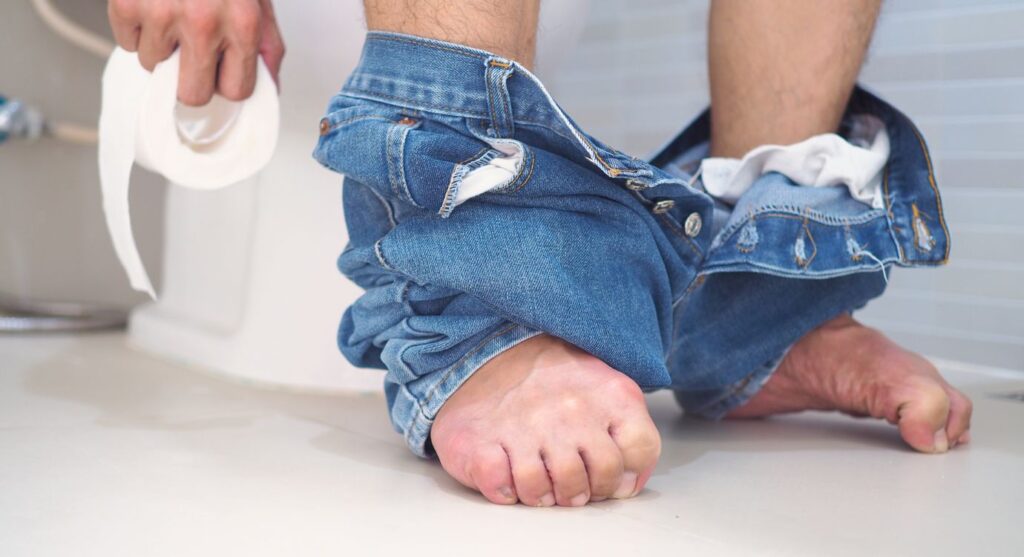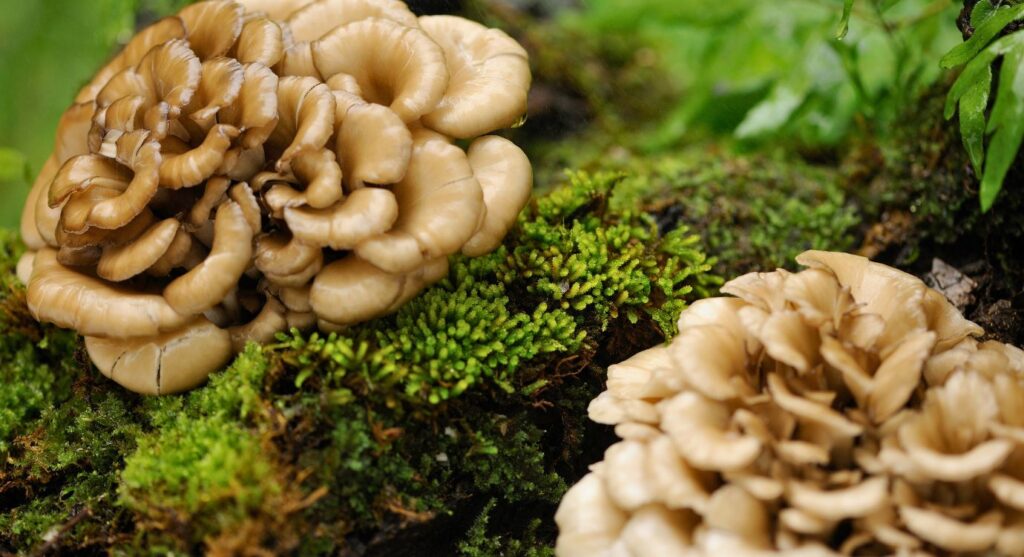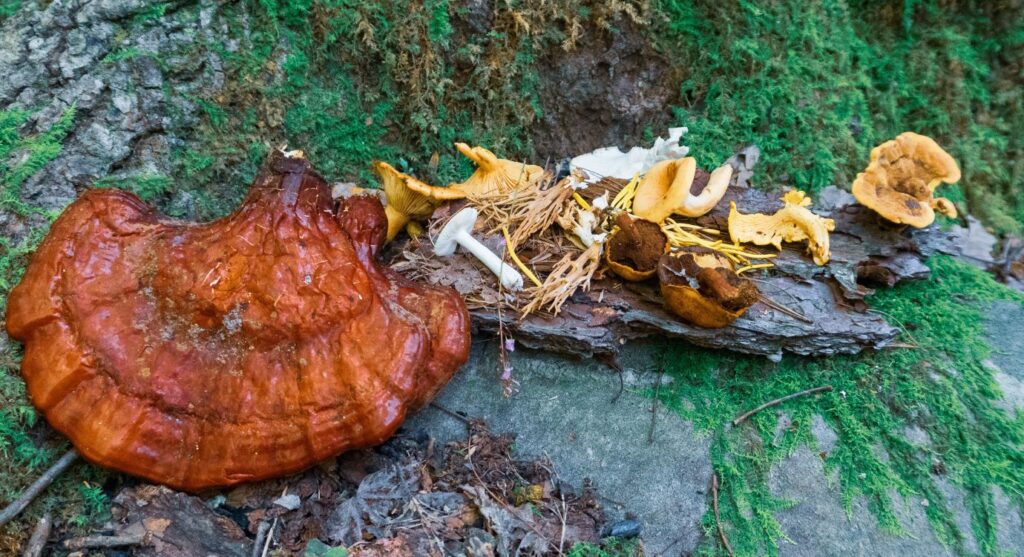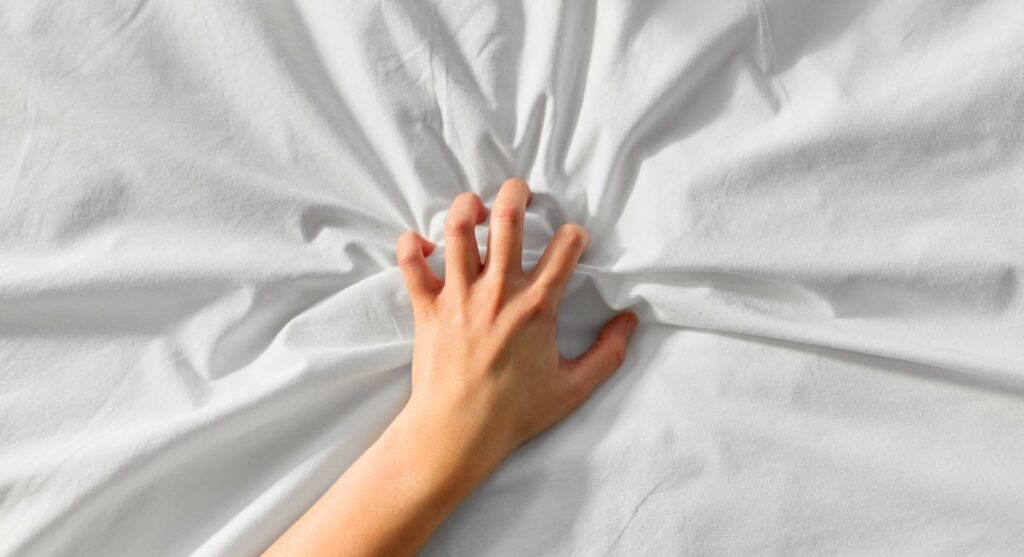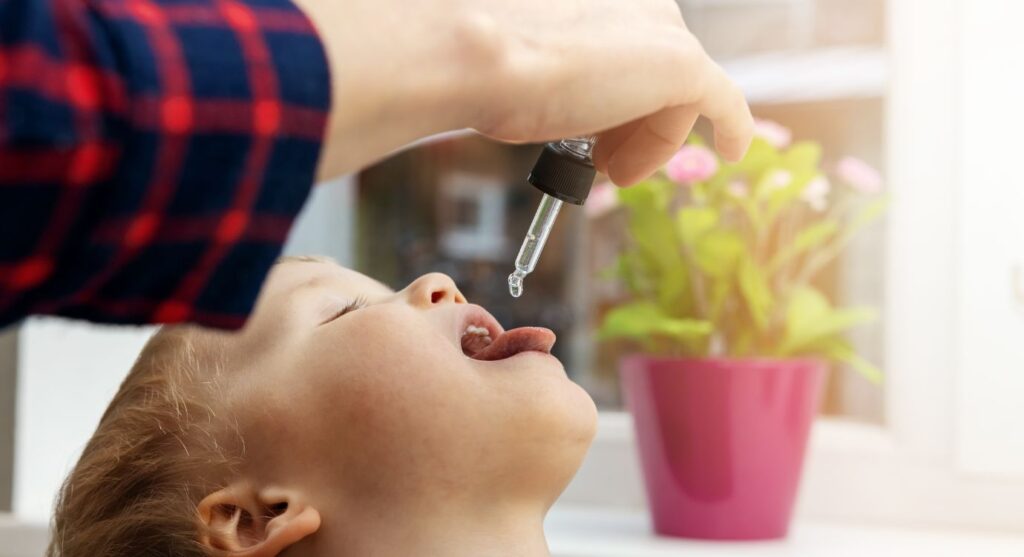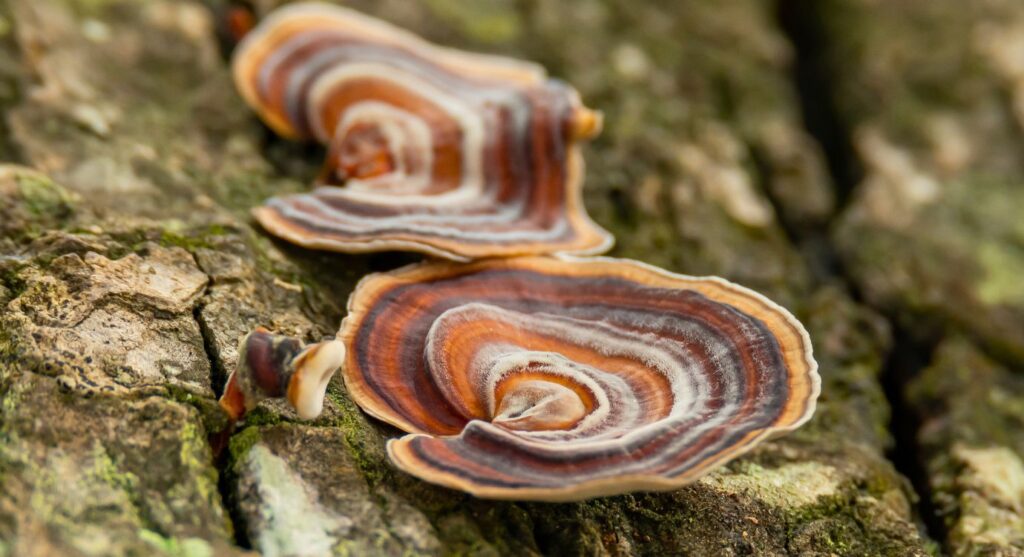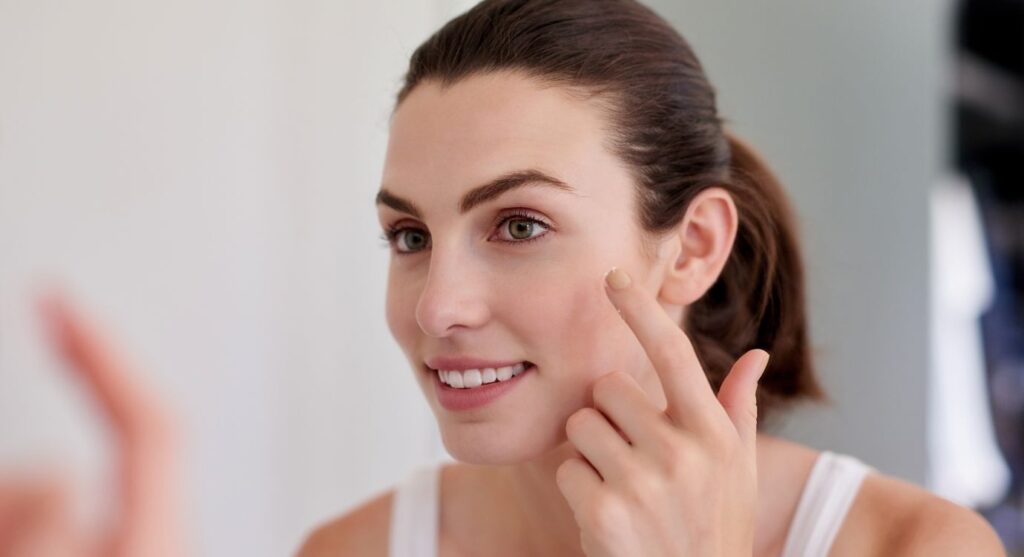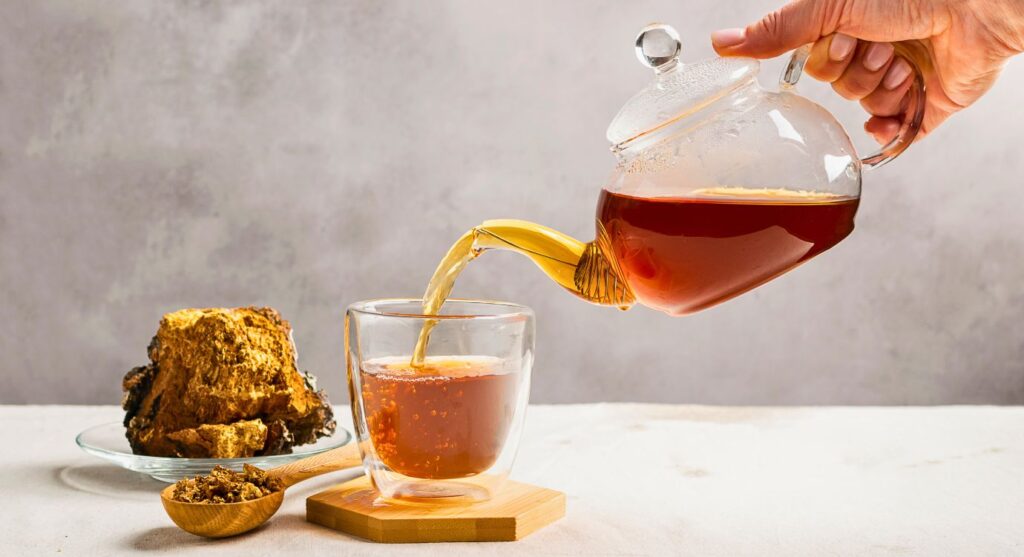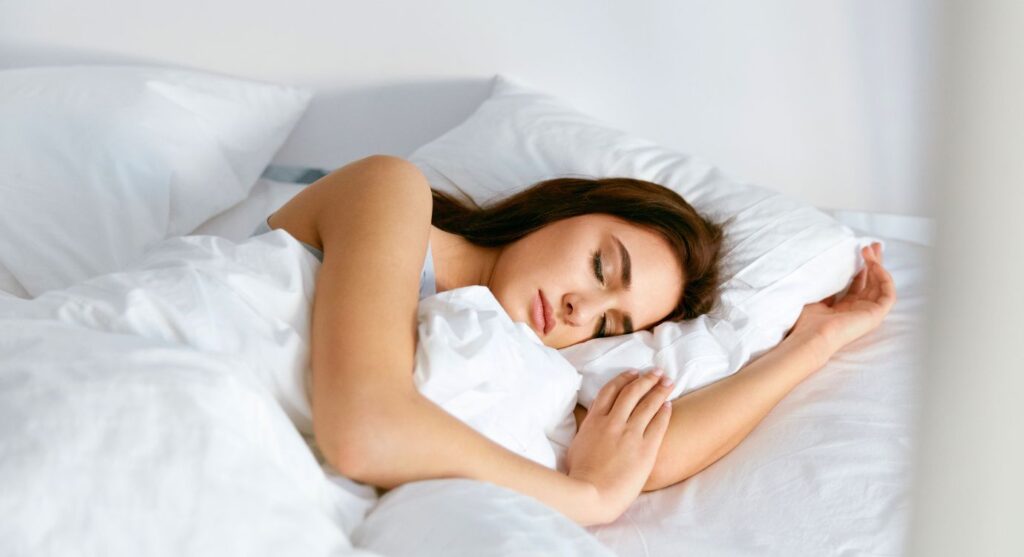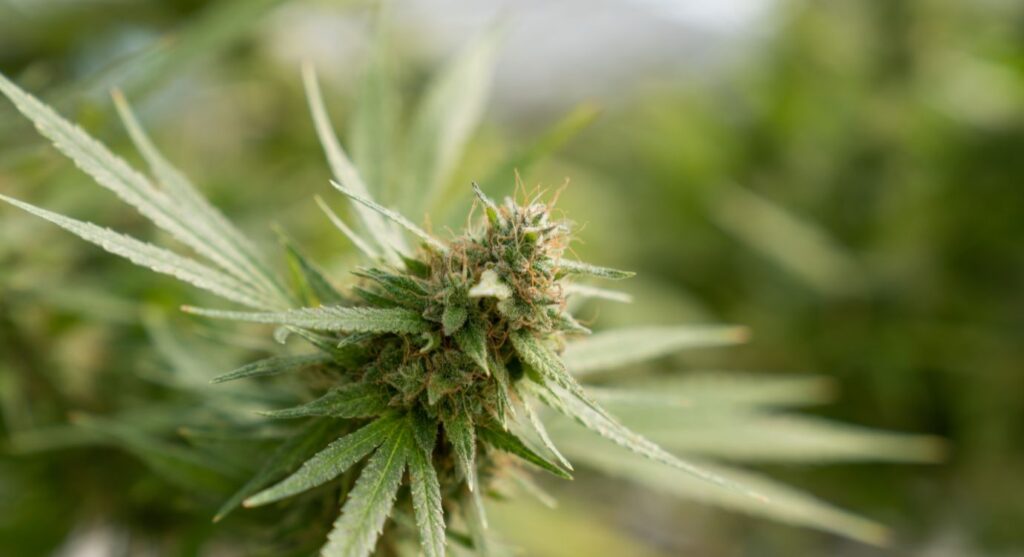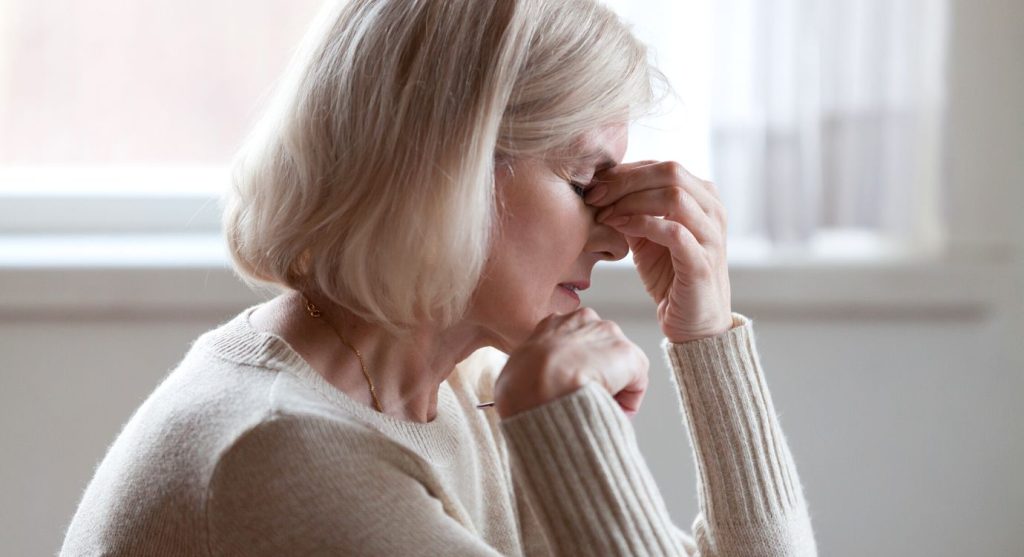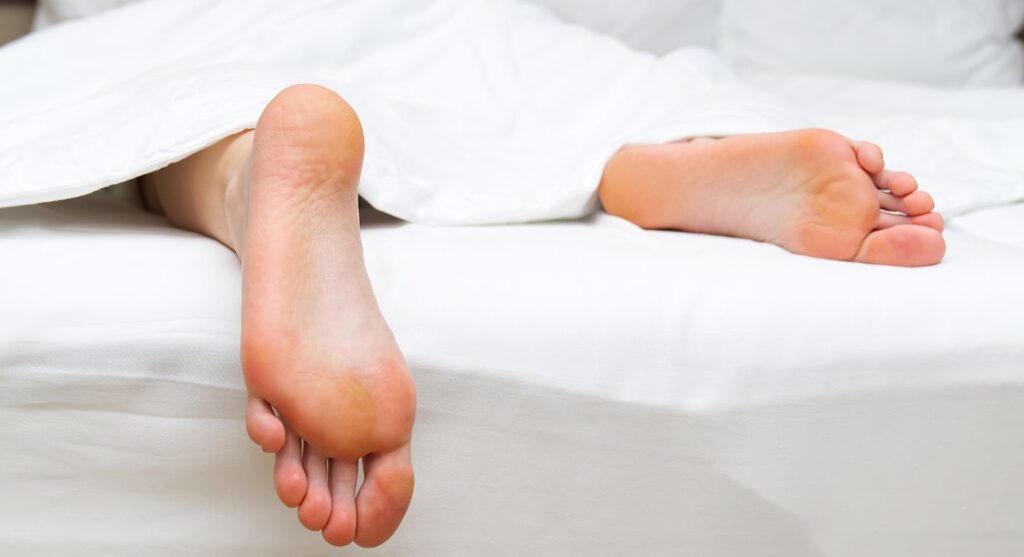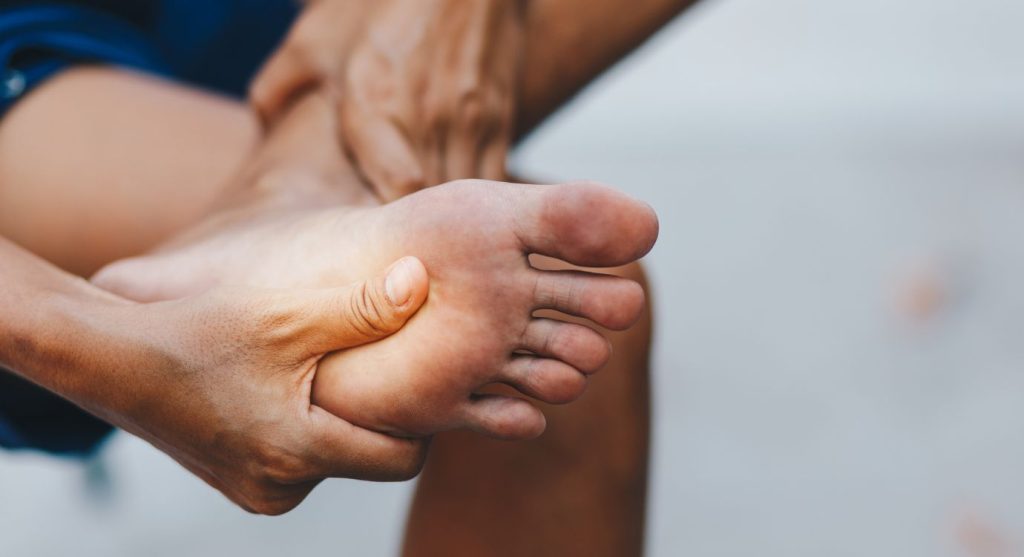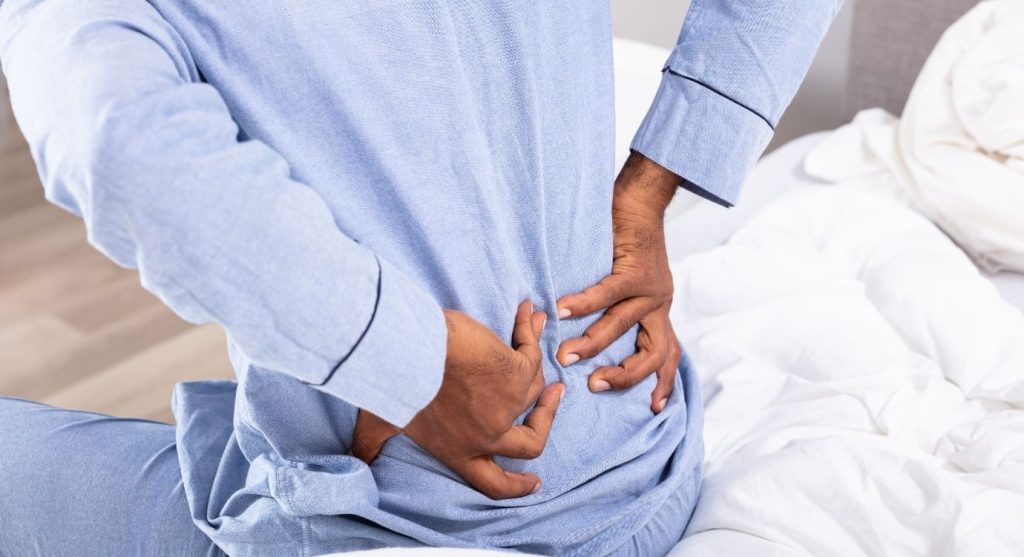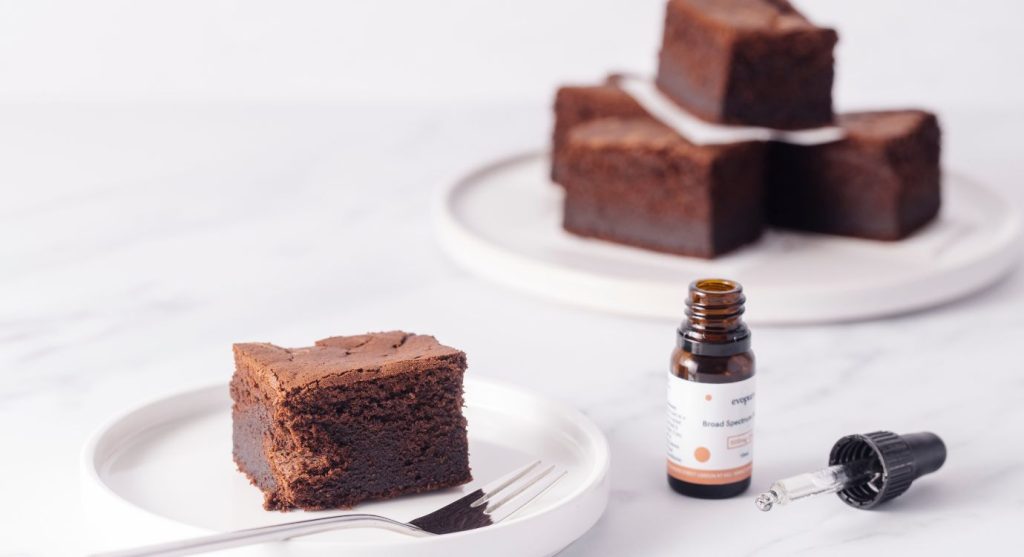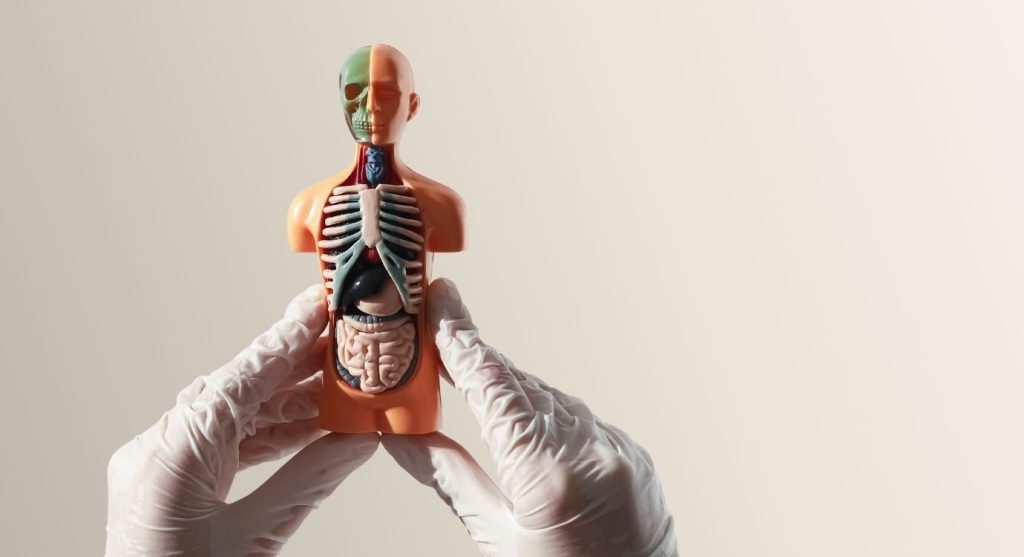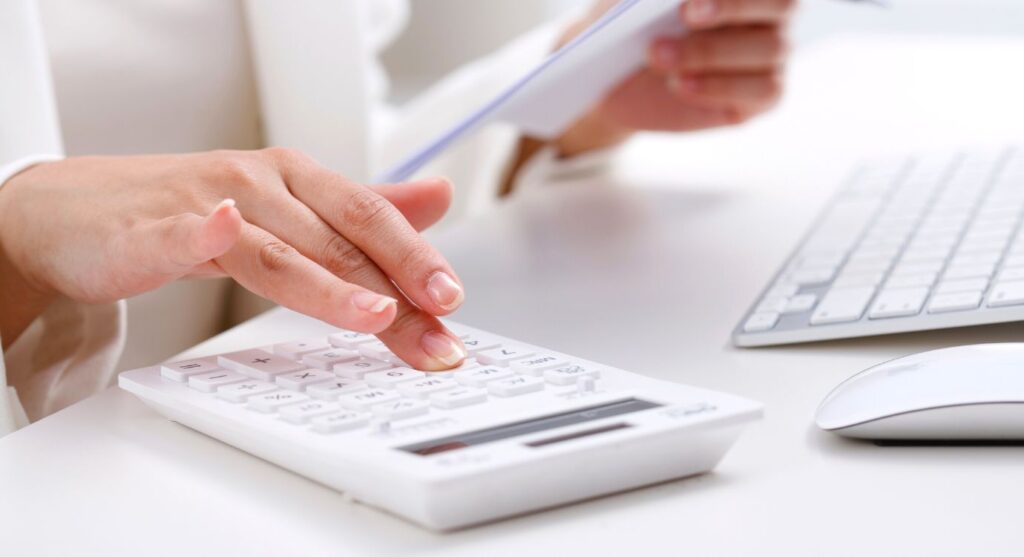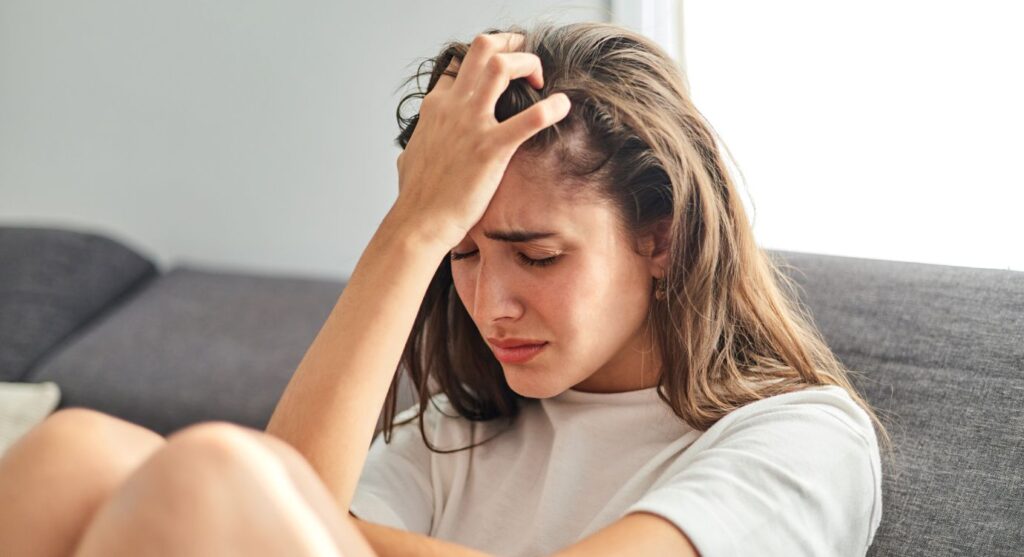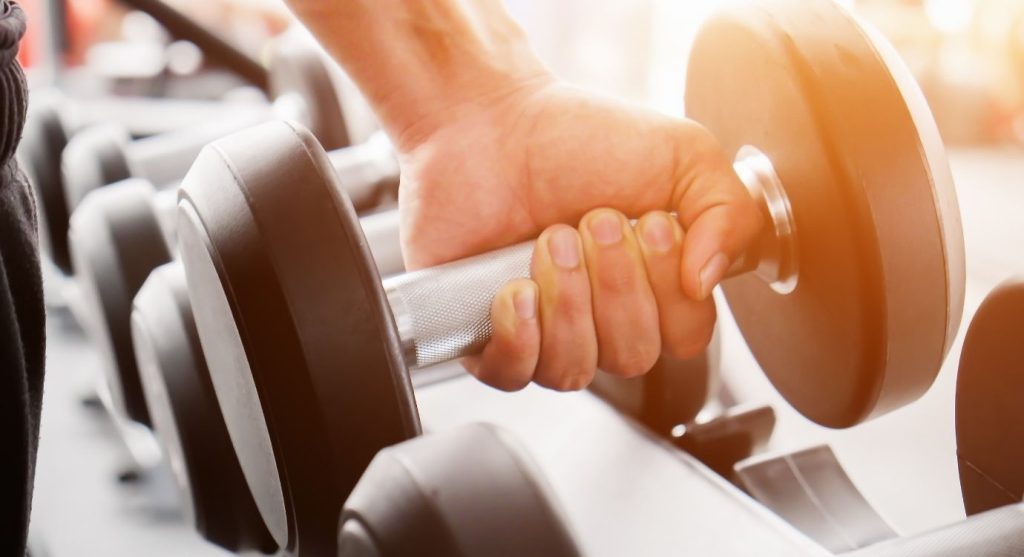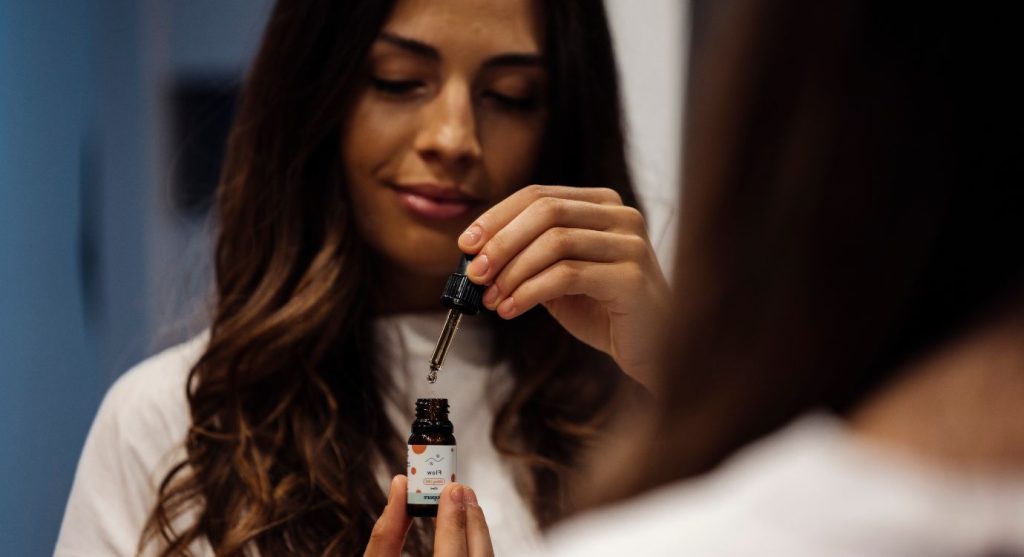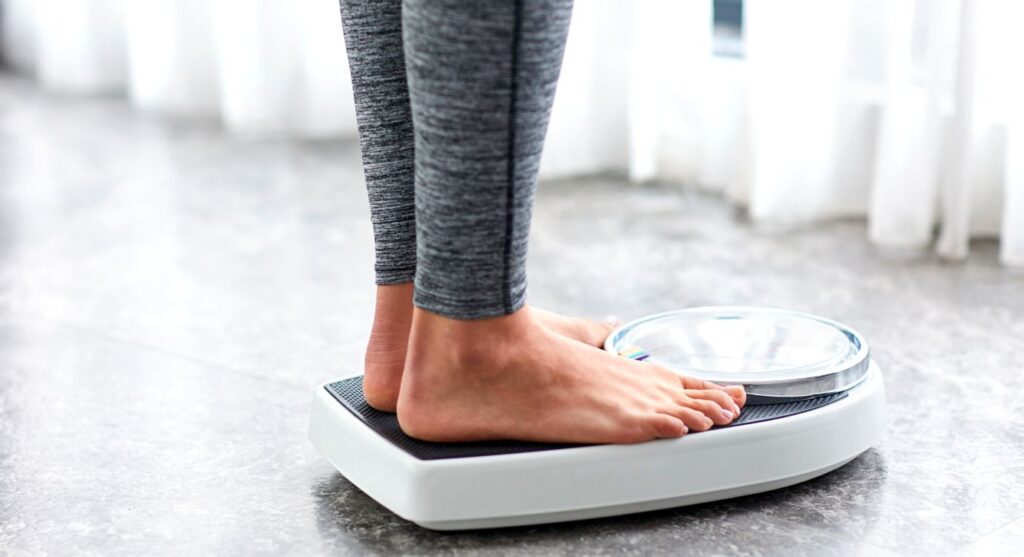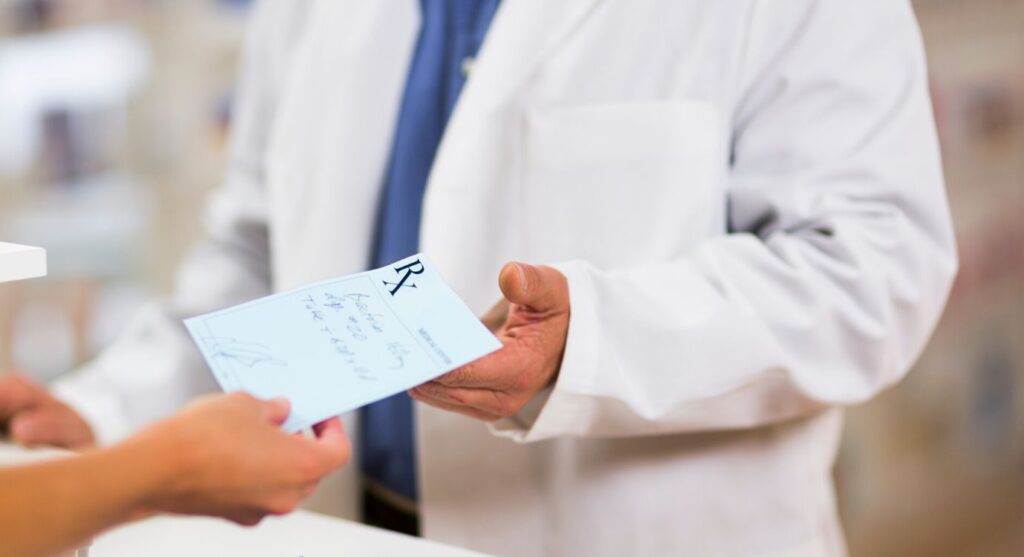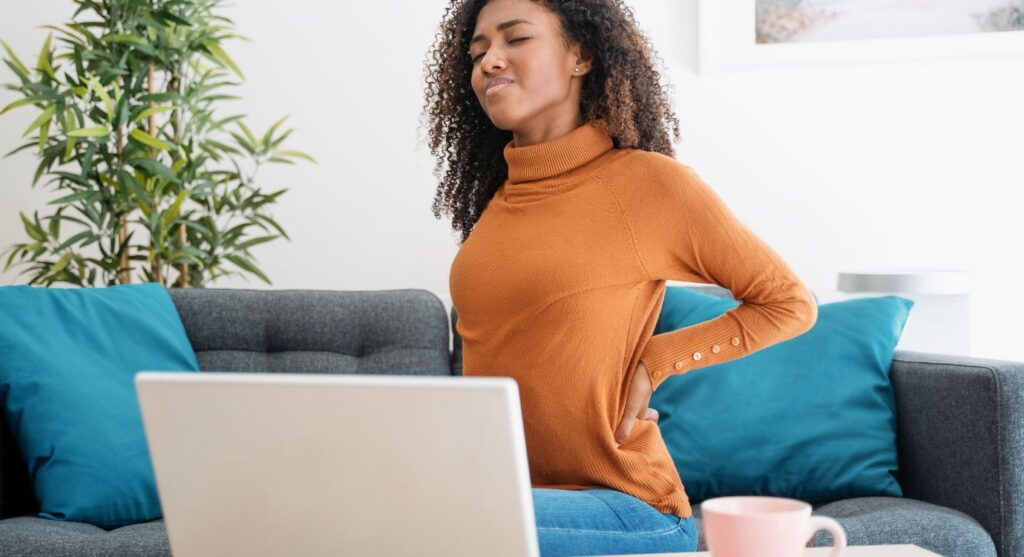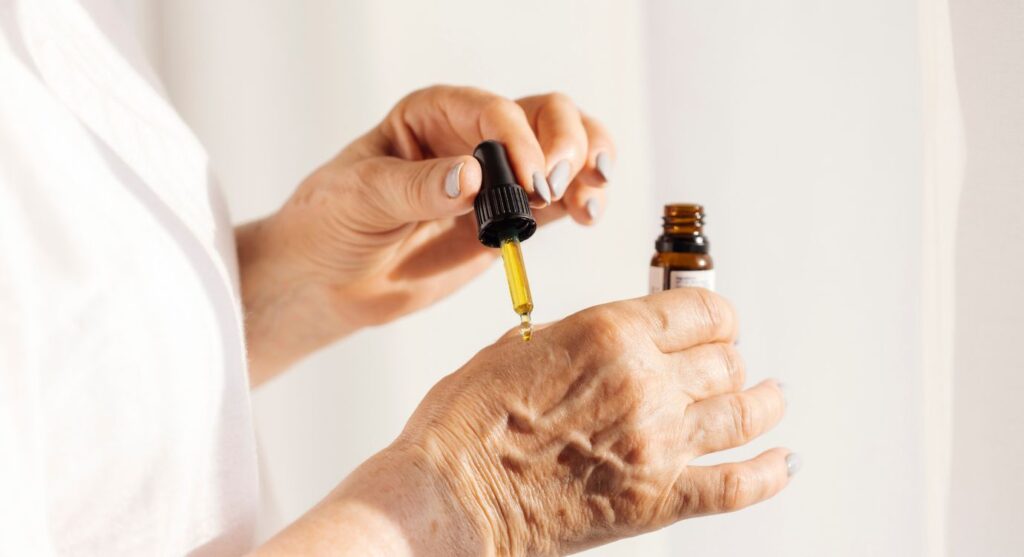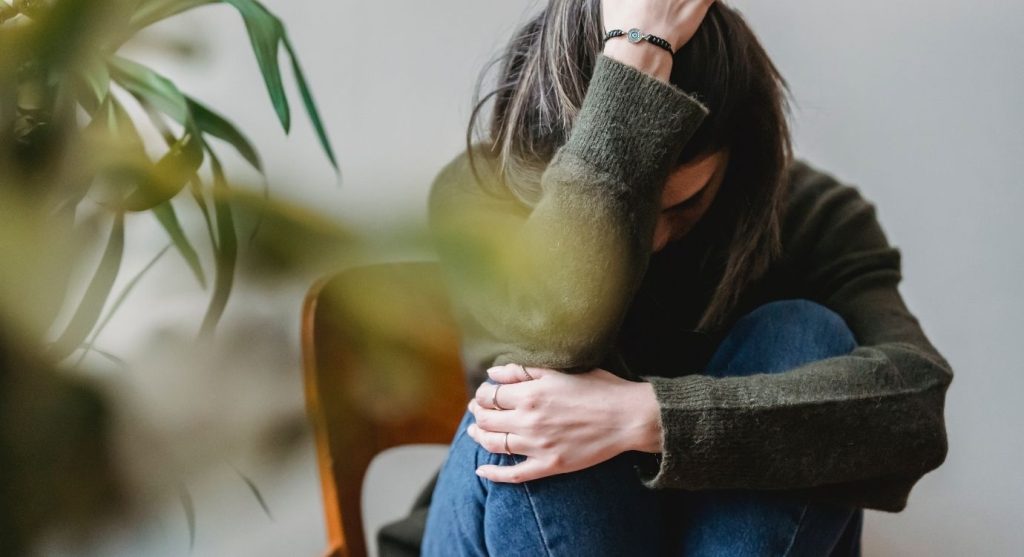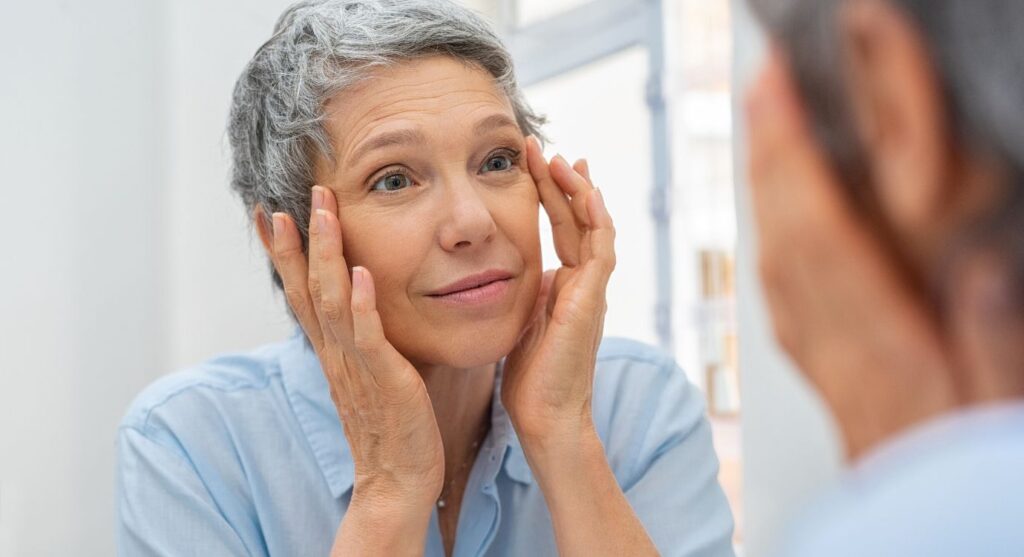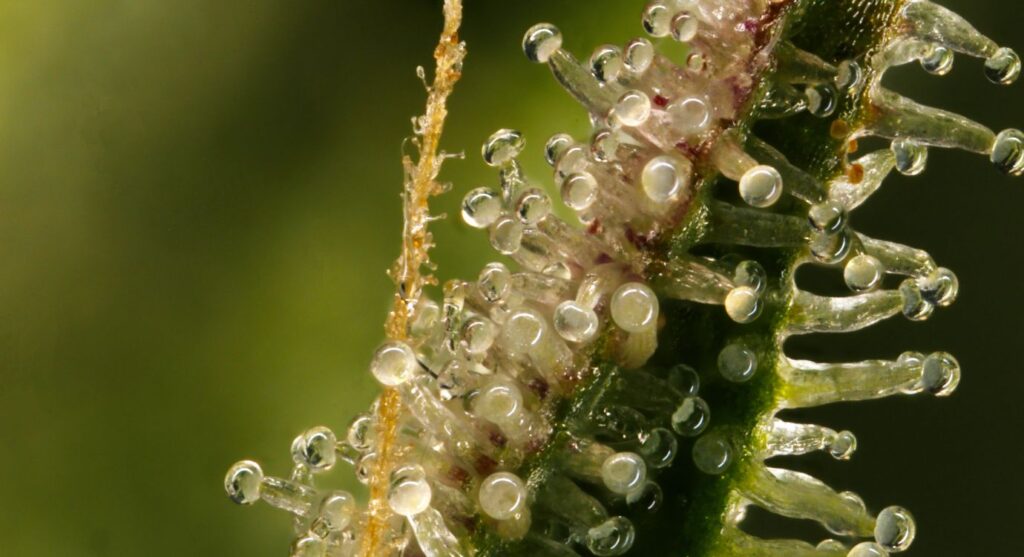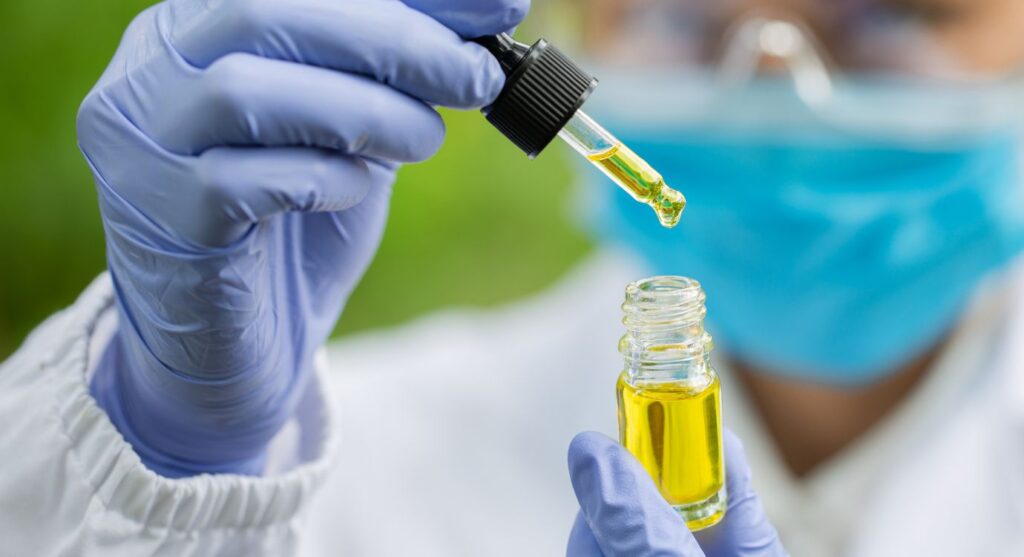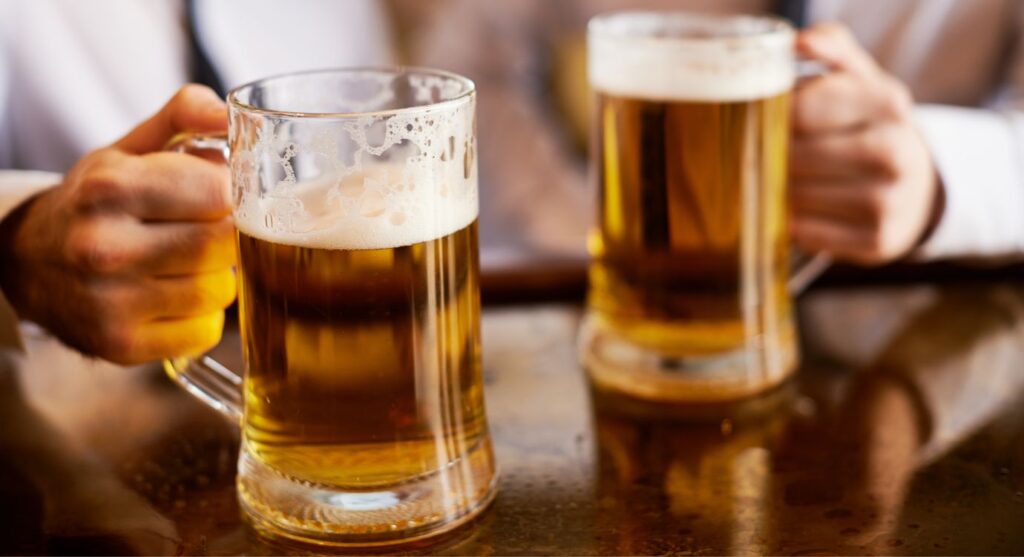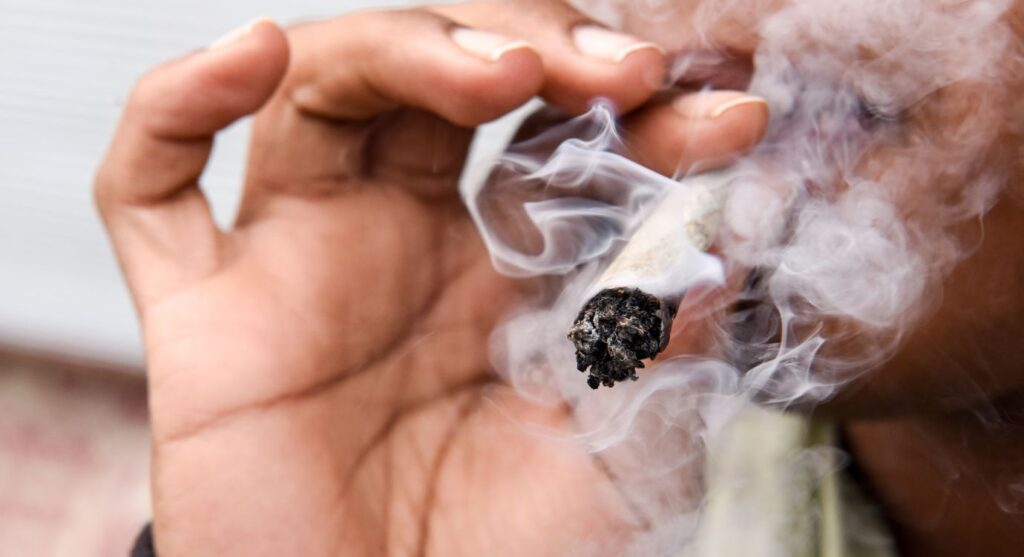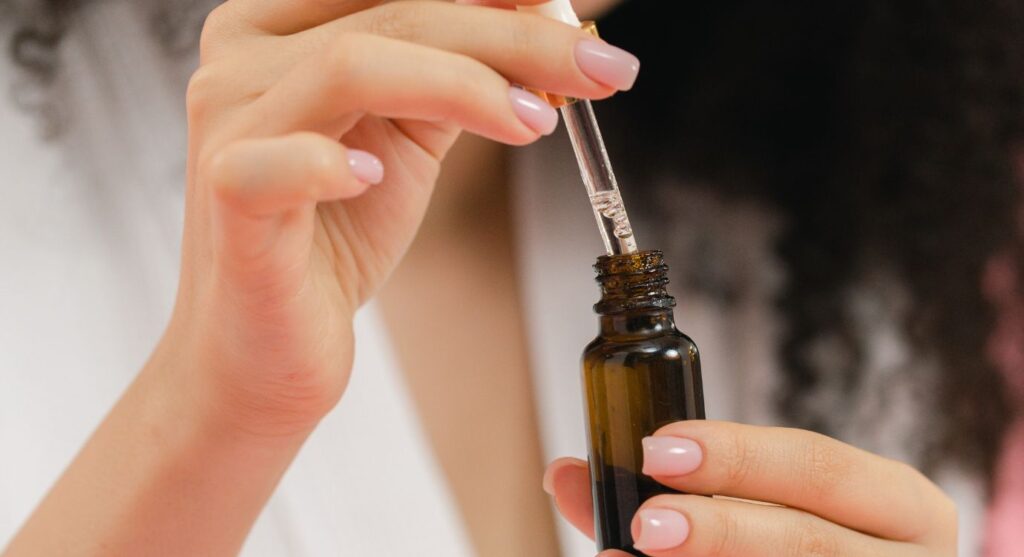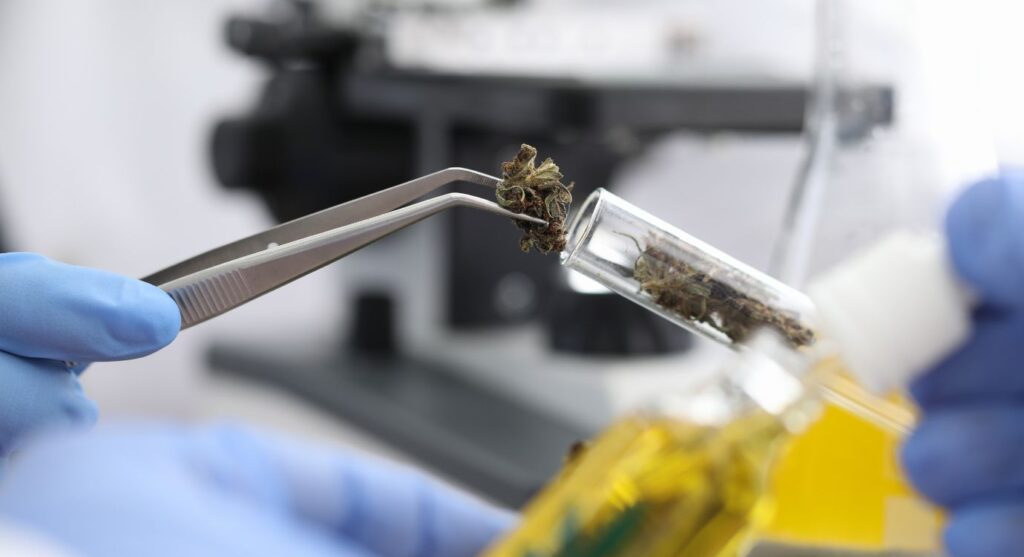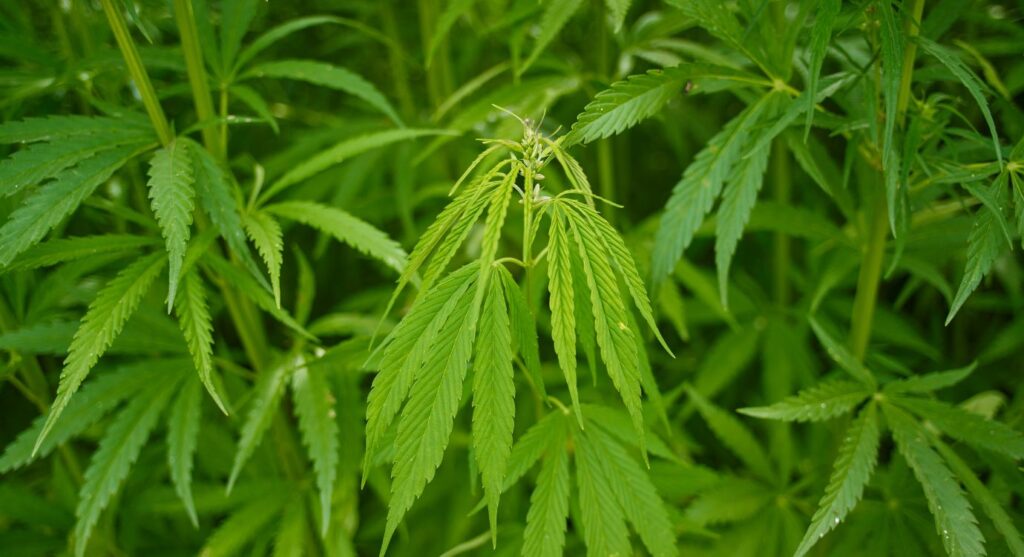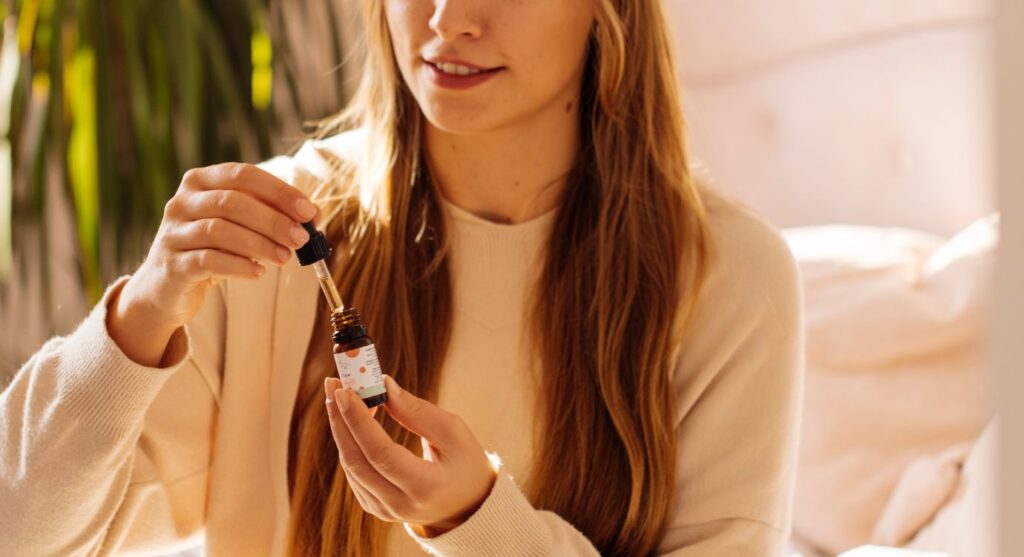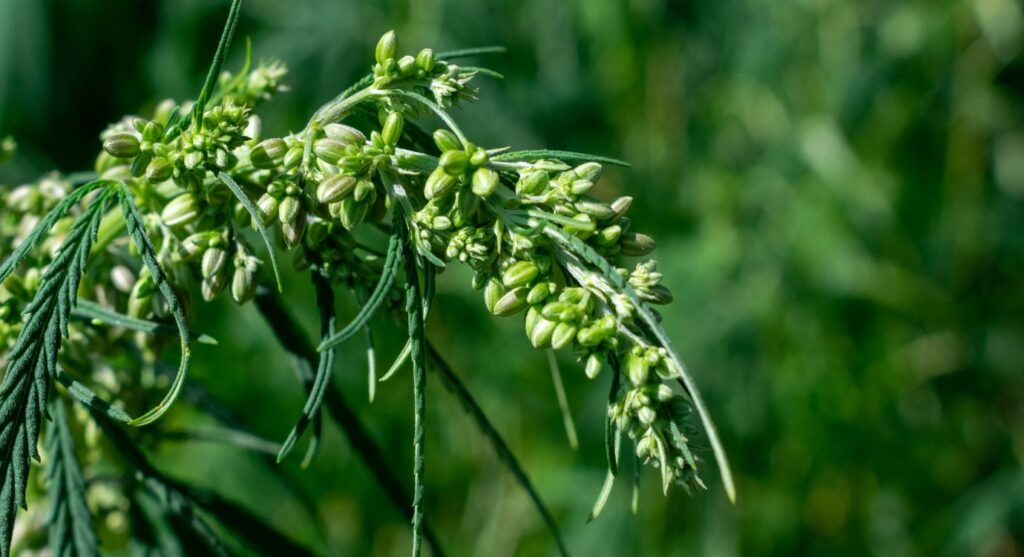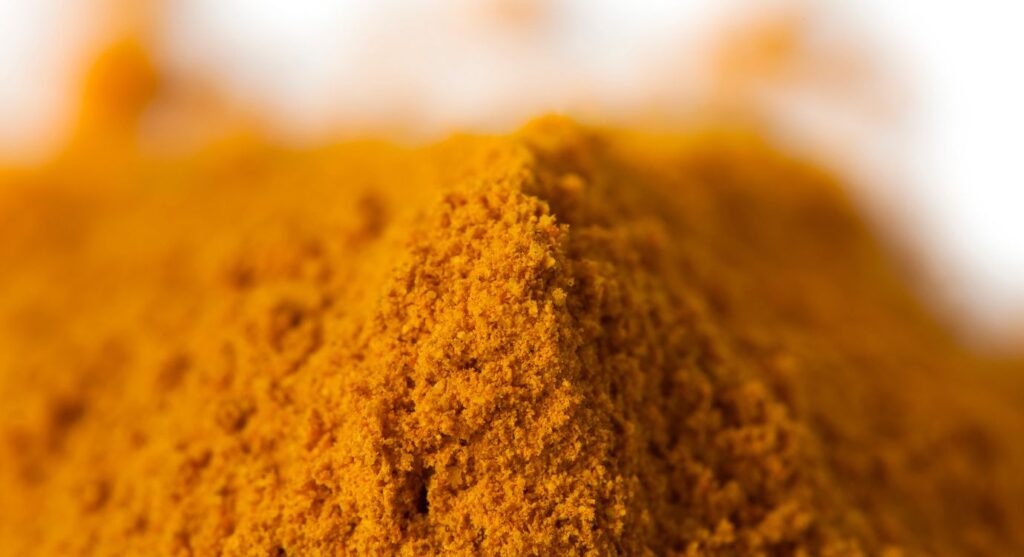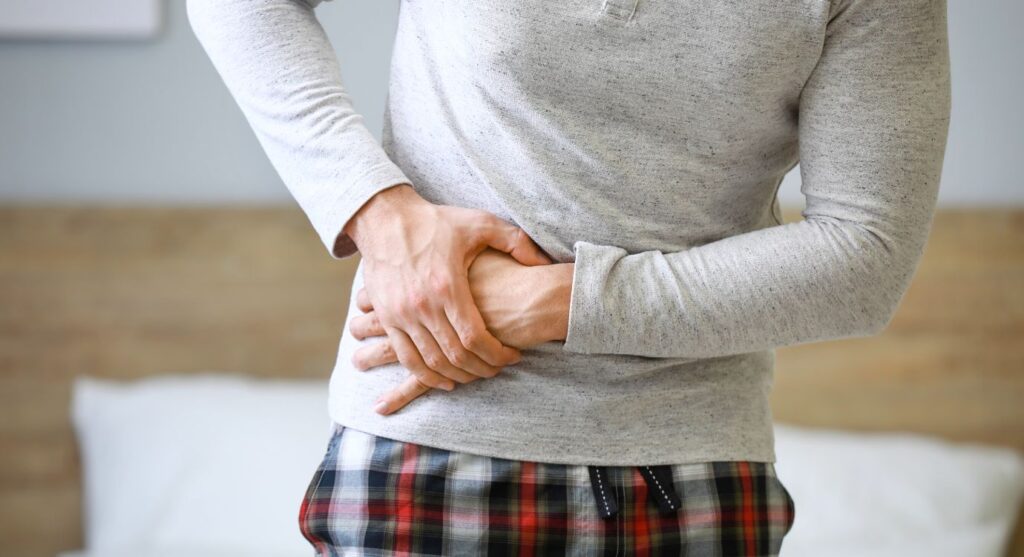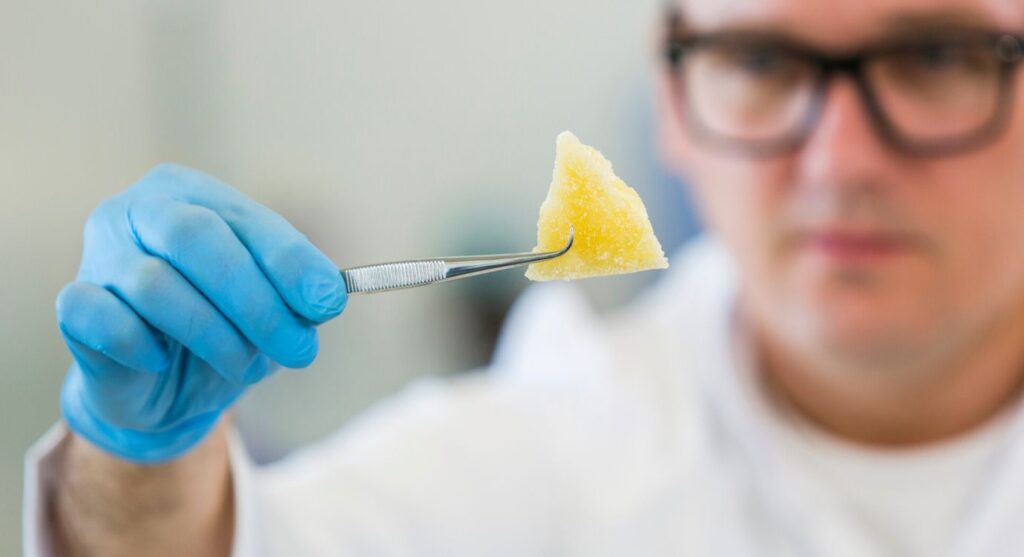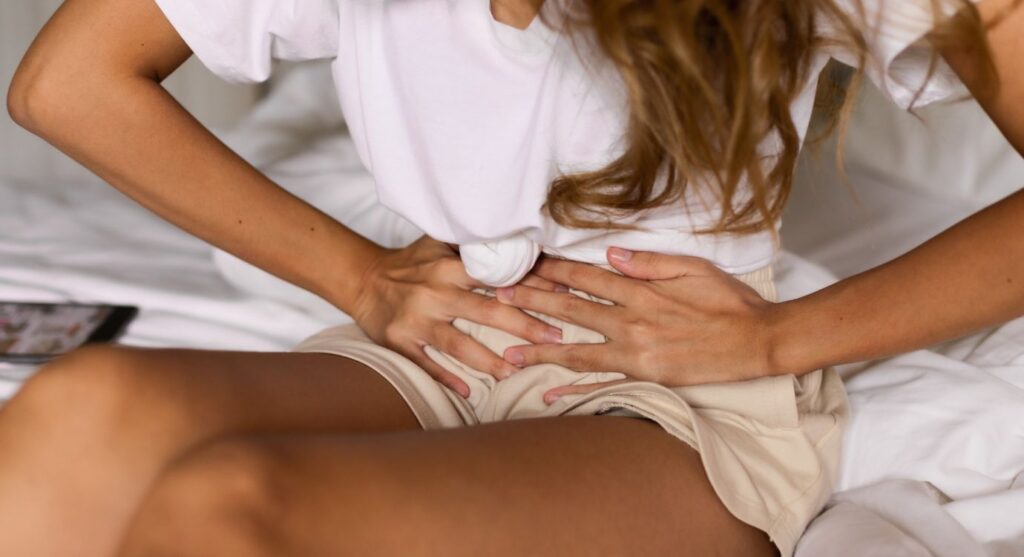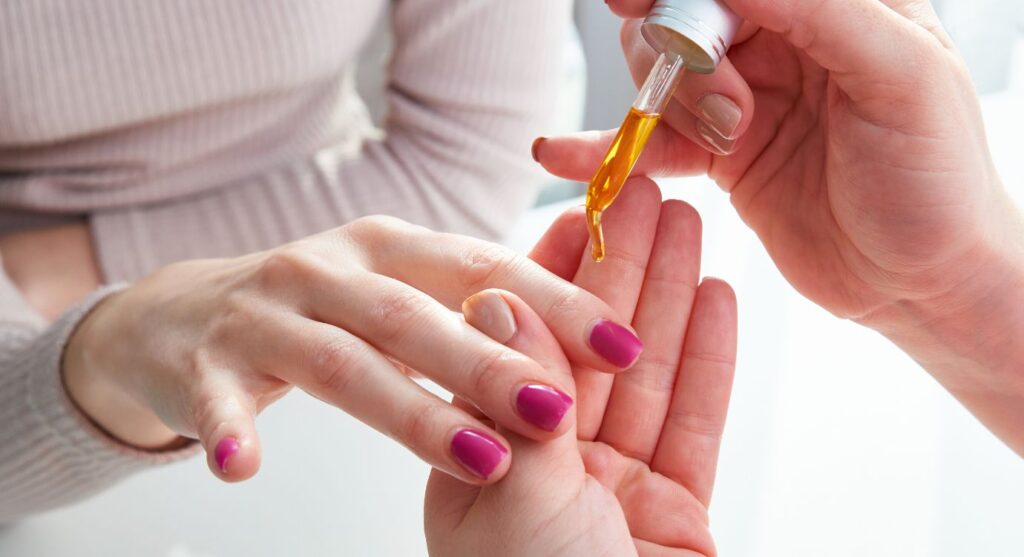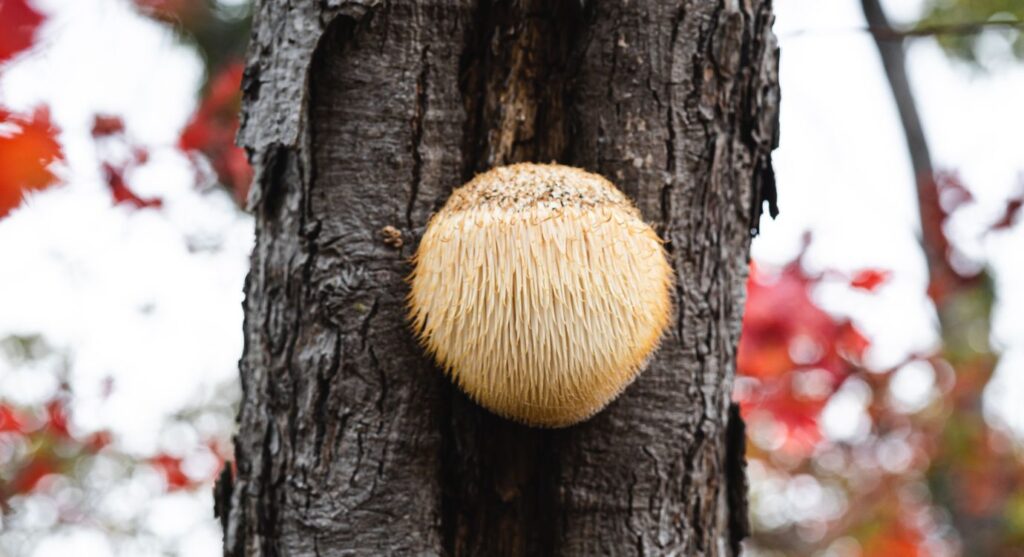It’s a well known fact that cannabis gets you stoned. But does CBD get you high?
CBD, or cannabidiol, is an extract derived from the cannabis plant.
It’s one of more than 130 cannabinoids known to exist in this multifaceted plant. Humans have used cannabis both medically and spiritually for thousands of years.
Cannabis is still a polarising substance.
Sometimes, the plant is viewed as a drug, through the antiquated lens of prohibition. Sometimes it is viewed in commercial terms as the catalyst of a “green rush” as legal industries emerge worldwide.
Increasingly, cannabis is known for its wide-ranging medical benefits.
Yet probably still most notable (or at least well known) are the plant’s psychoactive properties, which make the consumer feel ‘high’.
This begs the question: do all elements of the cannabis plant make you high? And more specifically, does CBD get you high?
This article covers:
- Is CBD psychoactive?
- The effects of CBD vs THC
- How CBD makes you feel
In this guide:
Does CBD get you high?
Regardless of the form (oil, capsules, vapes, etc.), CBD alone will not make you feel high or stoned.
The molecule (primarily) responsible for the high feeling when you consume cannabis is THC. We’ll talk more about that later.
But CBD products, in which CBD is the active ingredient, don’t produce any psychoactive effects. This is why, for instance, it is legal to drive when you’ve consumed CBD.
Even if your CBD oil is full-spectrum – and therefore contains traces of cannabinoid compounds, including THC – these products won’t have nearly enough THC included to make you feel high.
If you have ever felt stoned from a CBD product, it’s likely it’s been mislabeled or has come from an unreliable seller. For these reasons, it’s always super important to ensure that the CBD you buy comes from a reputable brand and with a certificate of analysis and full lab reports.
10% off on your first order
Complete this one-minute quiz and find the right products for you.
The effects of CBD vs THC
So, why do people think CBD can get you high? It all comes down to the confusion between THC and CBD.
Let’s take a look at this formidable duo.
What’s the difference between the two most well-known cannabinoids, and what effects does each have on our minds and bodies?
The effects of THC
THC. The bad boy of cannabis!
As well as being the cannabinoid responsible for the ‘high’ feeling, THC is associated with a wealth of medical benefits. It is also the base of one licensed medicine in the UK: Sativex is available on the NHS and can be prescribed to patients with treatment-resistant MS.
THC is also licensed as a medicine outside of being a clinical extract – in the sense that ‘medical cannabis’ is legal in the UK. Many studies indicate THC can help treat many conditions, including chronic and neuropathic pain – nausea, PTSD, epilepsy and low appetite.
But how does THC make you feel?
Well, its psychoactive properties are what make you feel high.
This can manifest as giggles or having a heightened sense of humour, loss of balance, slower or more sluggish reactions, dry mouth, short-term memory loss, and red eyes.
As all these side effects come directly from the psychoactive effects of THC, they should disappear relatively quickly and are nothing to worry about health-wise!
The effects of CBD
So what about CBD? What effect does CBD have on the body?
Well, for one, CBD binds with 5-HT1A receptors in the body. These normally bind with serotonin and may influence anxiety, sleep, addiction, and perception.
However, unlike THC, CBD is not a hallucinogenic substance. It won’t make you ‘trip’, so it’s not like taking a psychedelic. It also won’t make you feel high.
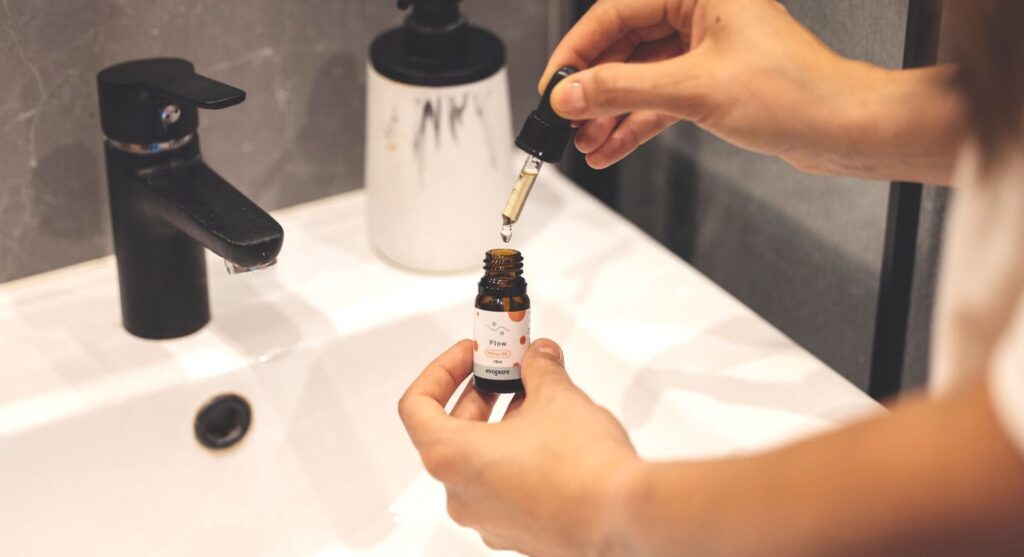

So, how does CBD make you feel?
So if CBD doesn’t make you high, what does CBD feel like?
Well, CBD may – very occasionally – give you a dry mouth, cause a reduced appetite, or drowsiness and fatigue. However, these side effects aren’t common, and often you won’t notice any physiological changes after taking CBD.
Some people may feel slightly light-headed after consuming a strong dose of CBD – this is extremely rare and nothing to worry about!
Why might this happen? Well, it’s actually something called Anandamide, your body’s ‘bliss molecule’ – circulating your system as CBD binds to CB1 and CB2 receptors in the body.
However, taking CBD doesn’t feel the same for every person. Some people may be badly in need of an endocannabinoid system boost and may notice physiological differences relatively quickly.
Often people report having a higher level of energy or being generally calmer after taking CBD – particularly those taking CBD to help manage pain, soothe anxiety and improve sleep quality.
With CBD, it’s more of a slow build-up over time – you may slowly feel better in day-to-day life – but you won’t feel immediately transformed after one dose.
Read more: How long does CBD take to work
Does CBD get your eyes red?
CBD will not make your eyes red.
If you consume cannabis, you may or may not experience ‘red eye’. But this comes from THC, which is not present in CBD products, apart from full-spectrum ones.
Even with full-spectrum CBD products, levels of THC are minuscule and won’t make you feel ‘high’ or make your eyes red.
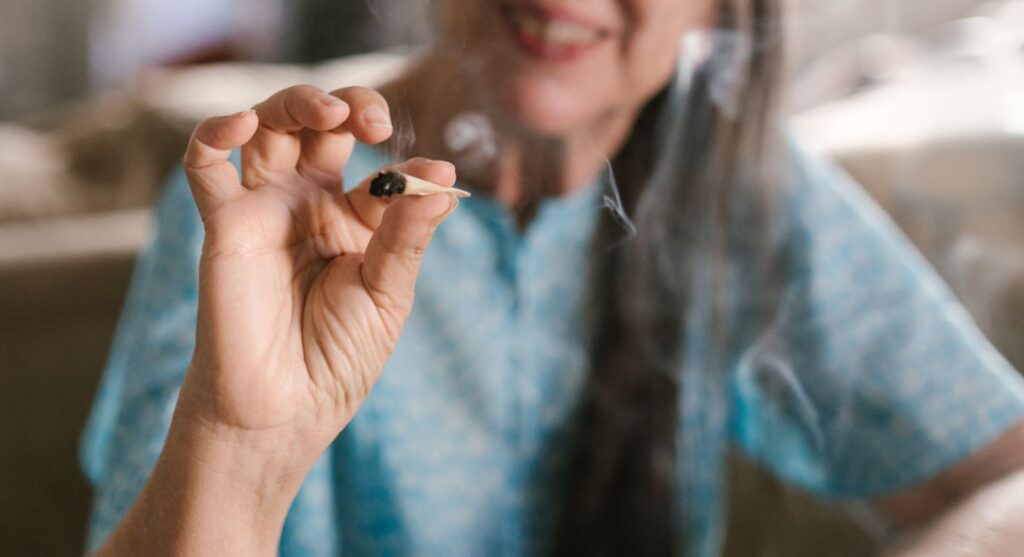

What are the potential uses of CBD?
While CBD isn’t a medicine, the compound has a number of therapeutic benefits.
By supporting homeostasis and overall balance in the body and nourishing your all-important endocannabinoid system, CBD’s uses are wide-ranging. As such, our favourite cannabinoid can be an excellent addition to wellness regimes.
CBD is thought to offer symptom relief for seizures, inflammation, IBS, depression and anxiety, sleep disorders and PTSD – to name just a few conditions.
It should not be used in replacement of traditional medicine – although it can be used in conjunction with medicine (so long as you have your doctor’s approval!)
Frequently asked questions:
Can CBD be hallucinogenic?
CBD is not a hallucinogenic substance. It won’t make you “trip”, so it’s not like taking a psychedelic. It also won’t make you feel high.
Does CBD affect your mind?
CBD may improve your mood and sleep – which in turn affects your mind. However, CBD doesn’t affect your mind in an intoxicating sense.
Final words on getting ‘high’ off CBD
CBD is non-psychoactive.
You won’t get ‘high’ using it – that’s a fact!
It’s the reason CBD (although still regulated) is much more likely to be legal than its intoxicating cousin, THC – and the reason you can be cleared to drive if taking CBD.
However, do make sure you listen to your body. If you start to feel unpleasant side effects (which are incredibly rare), it’s best to seek the advice of a medical professional.


